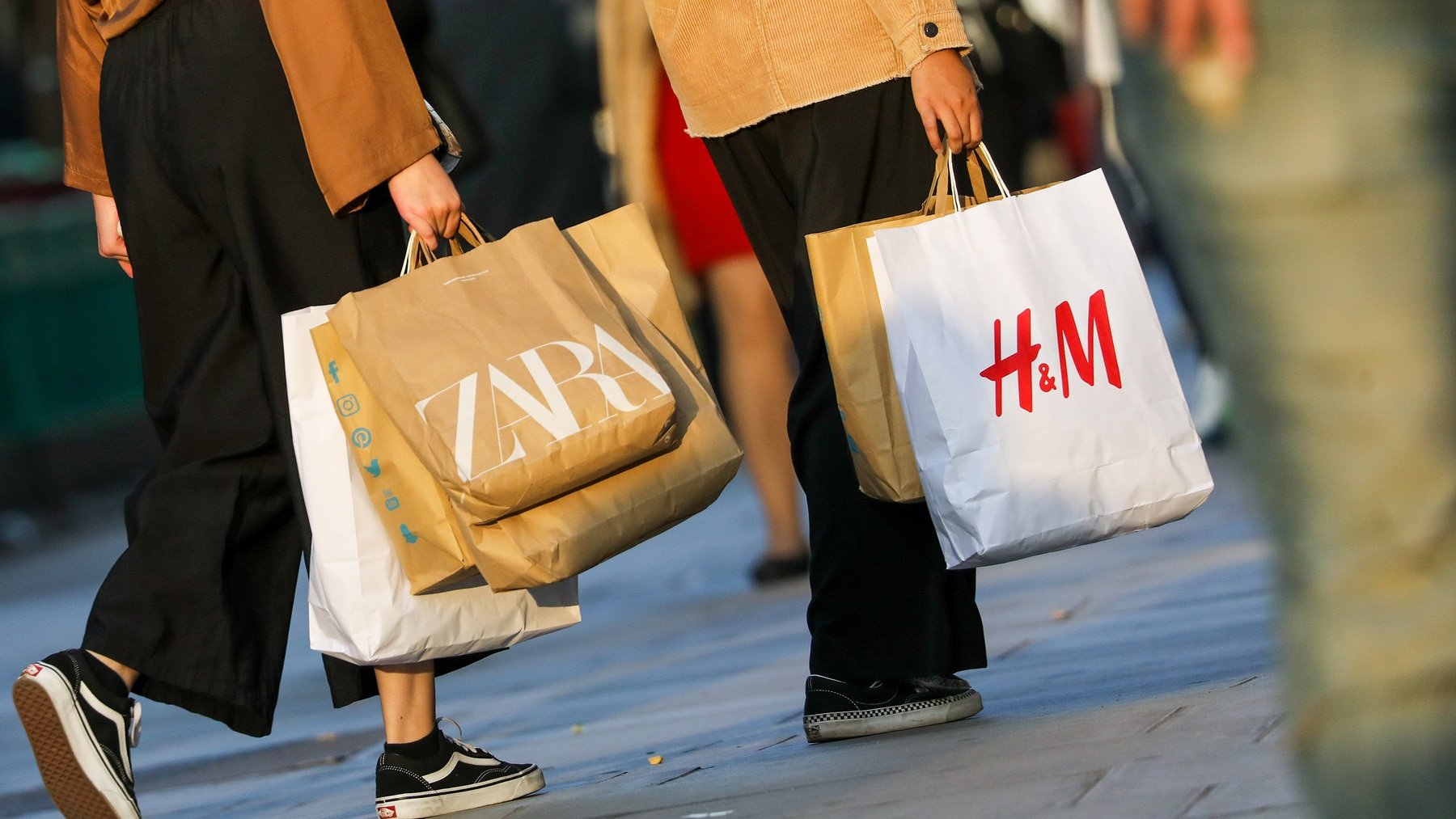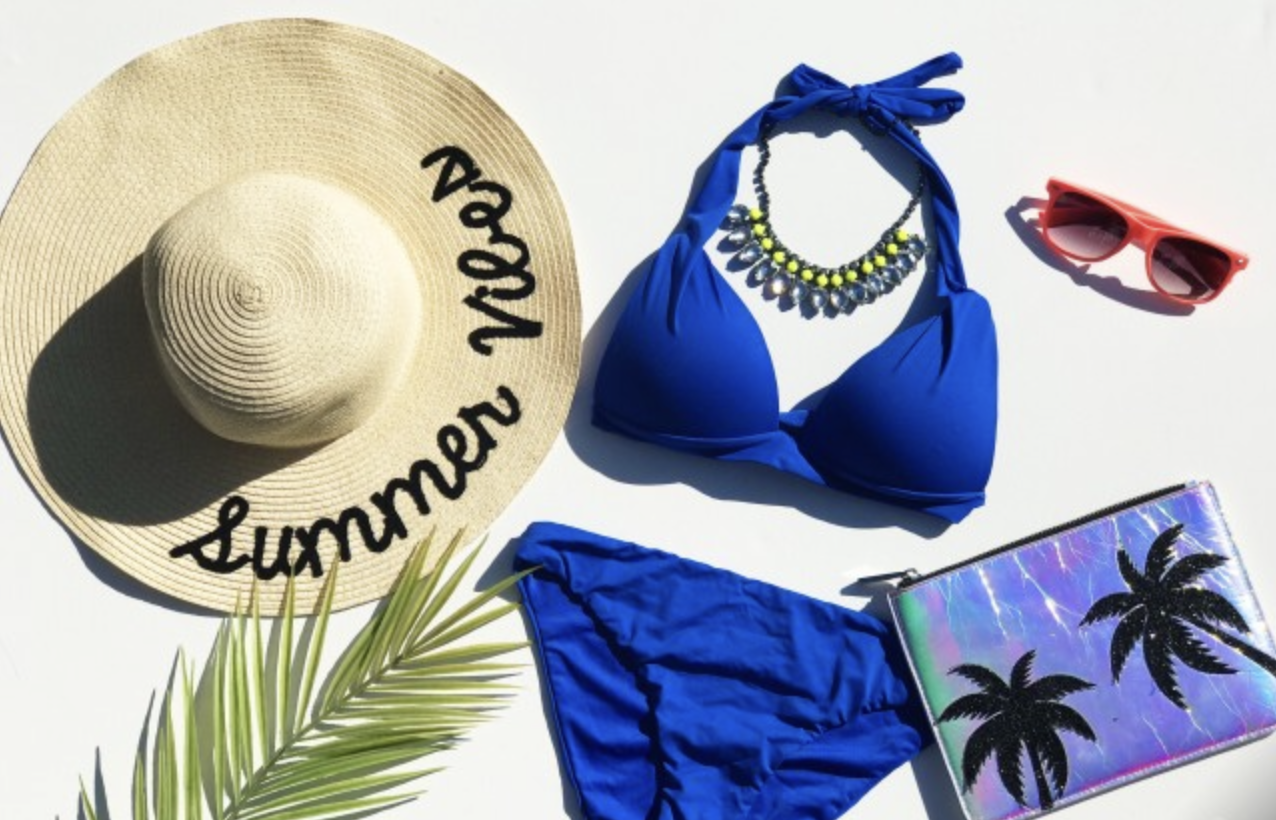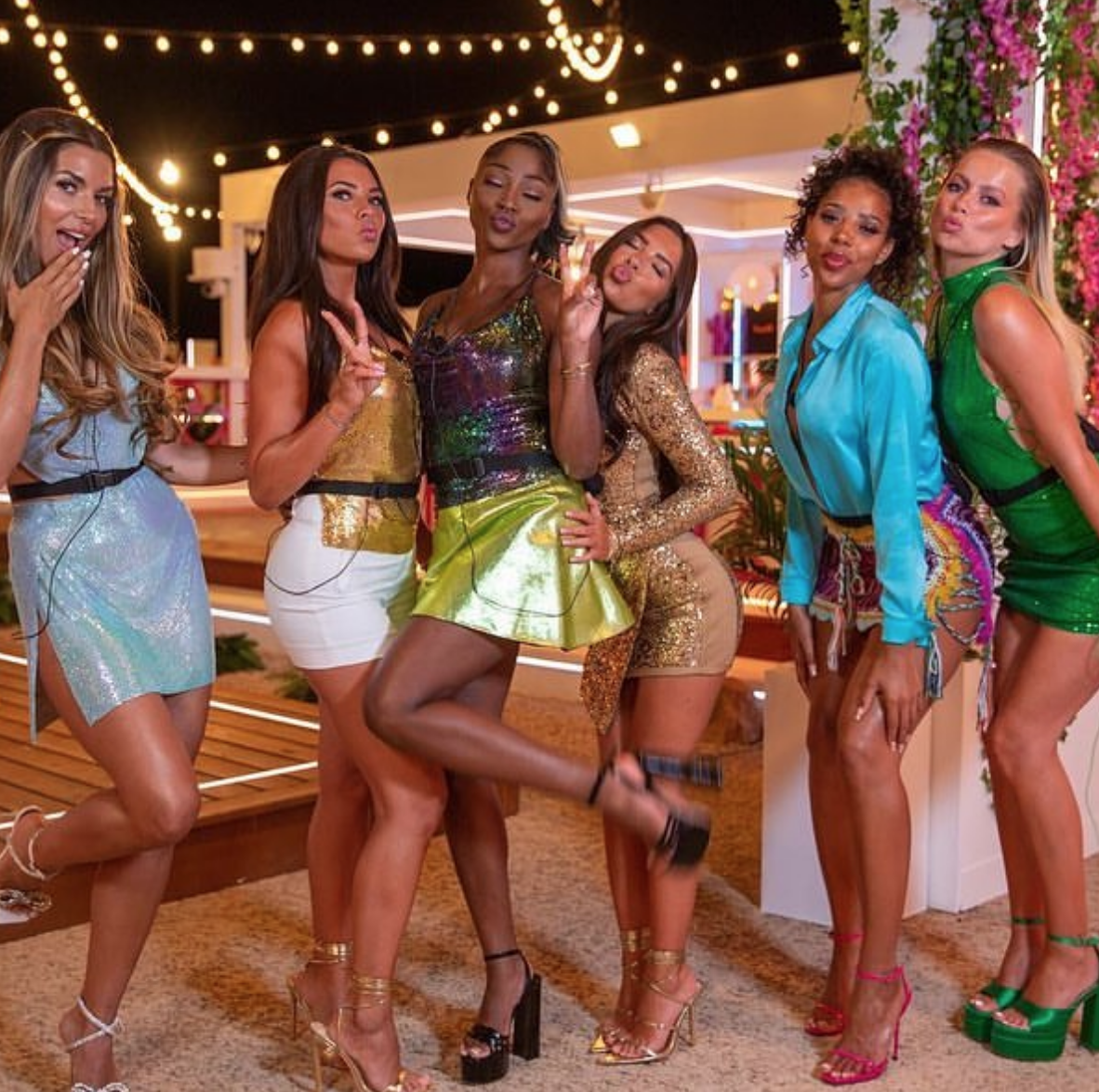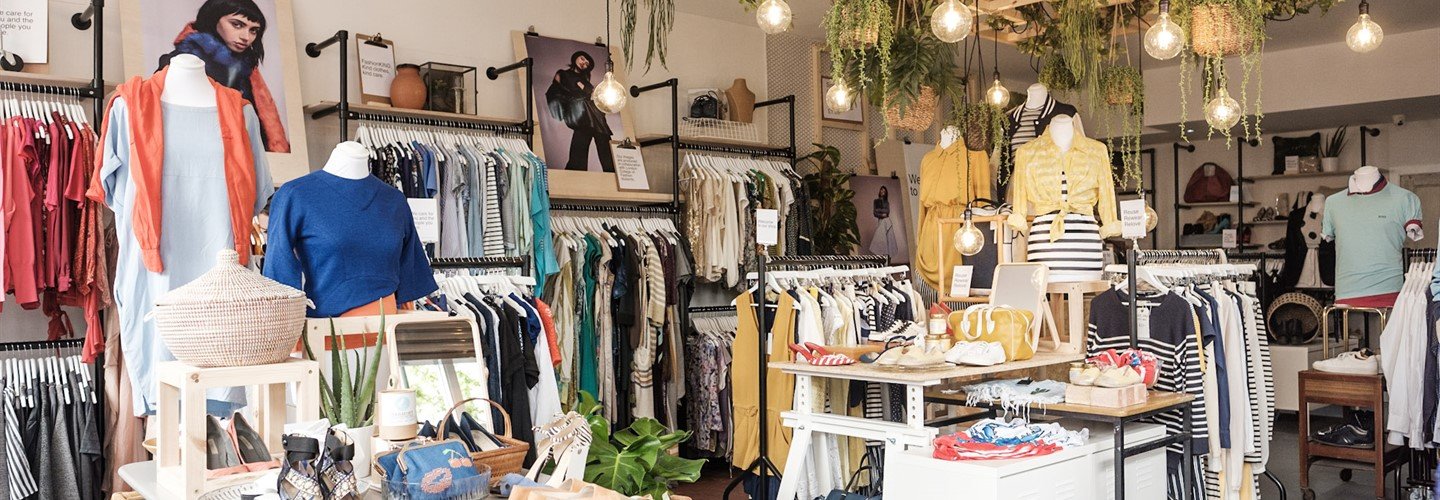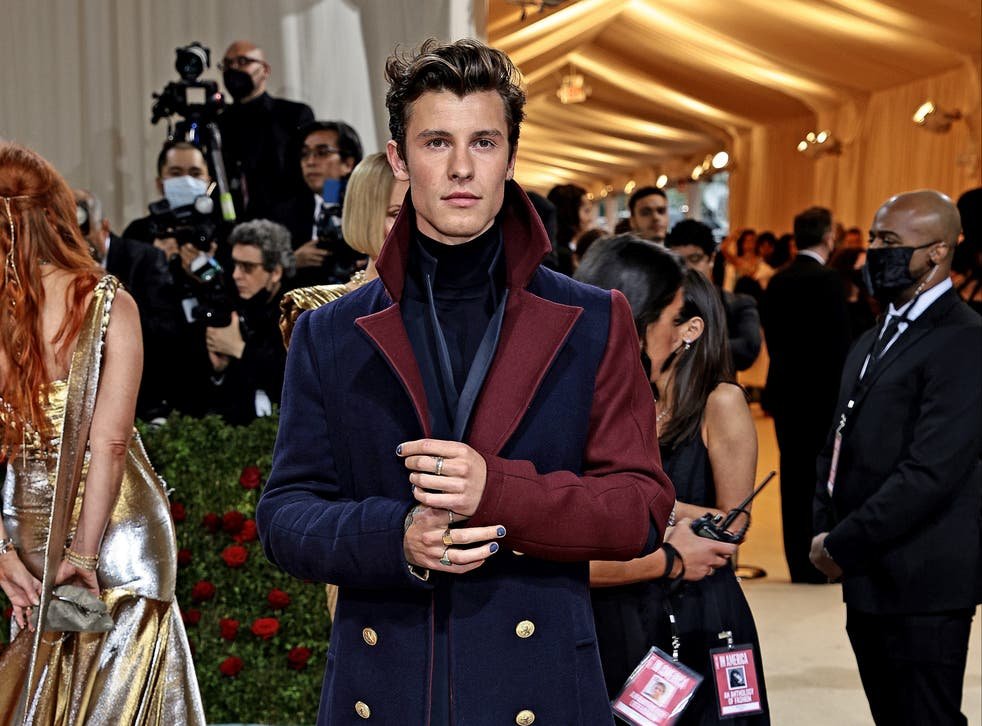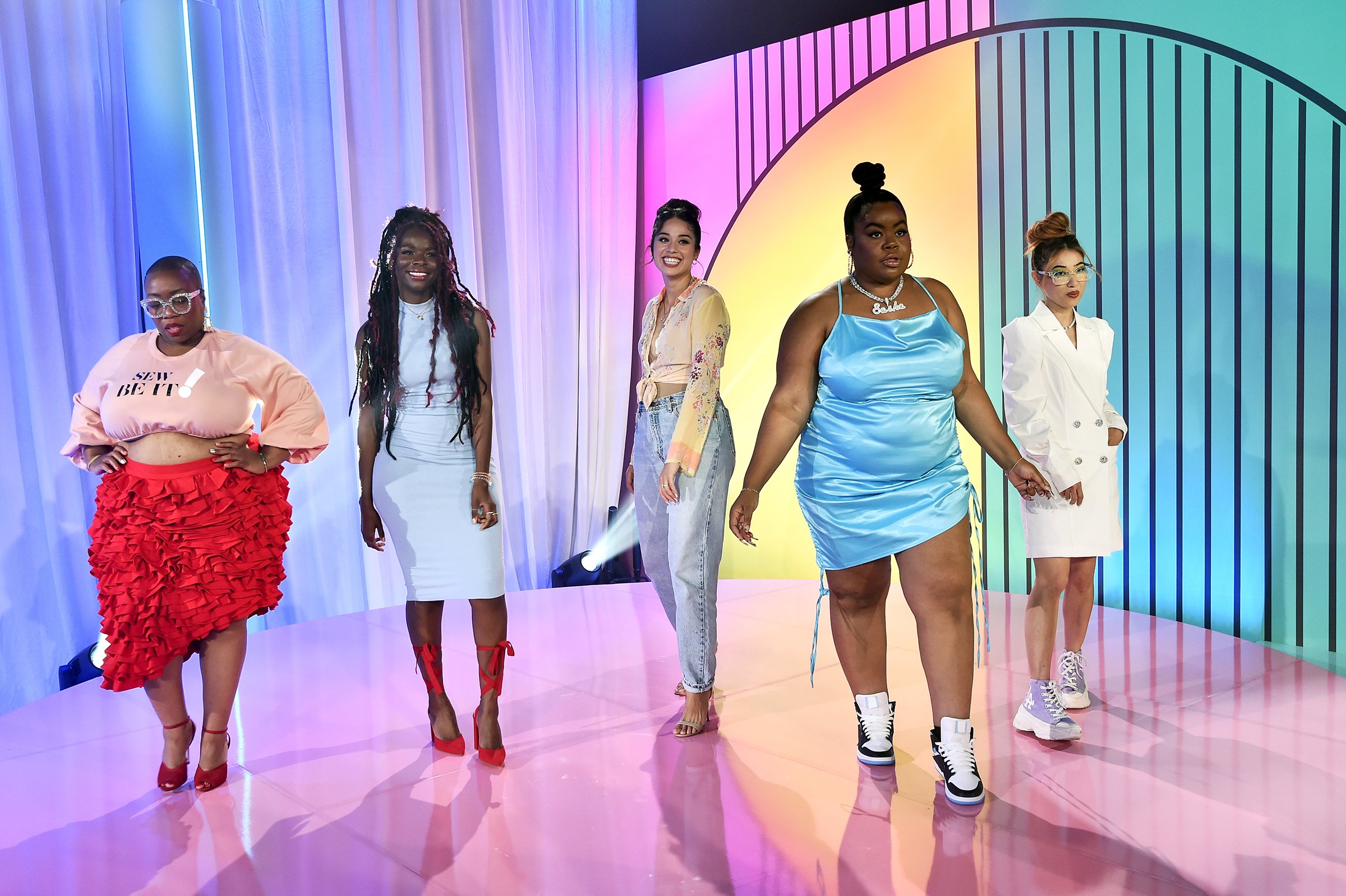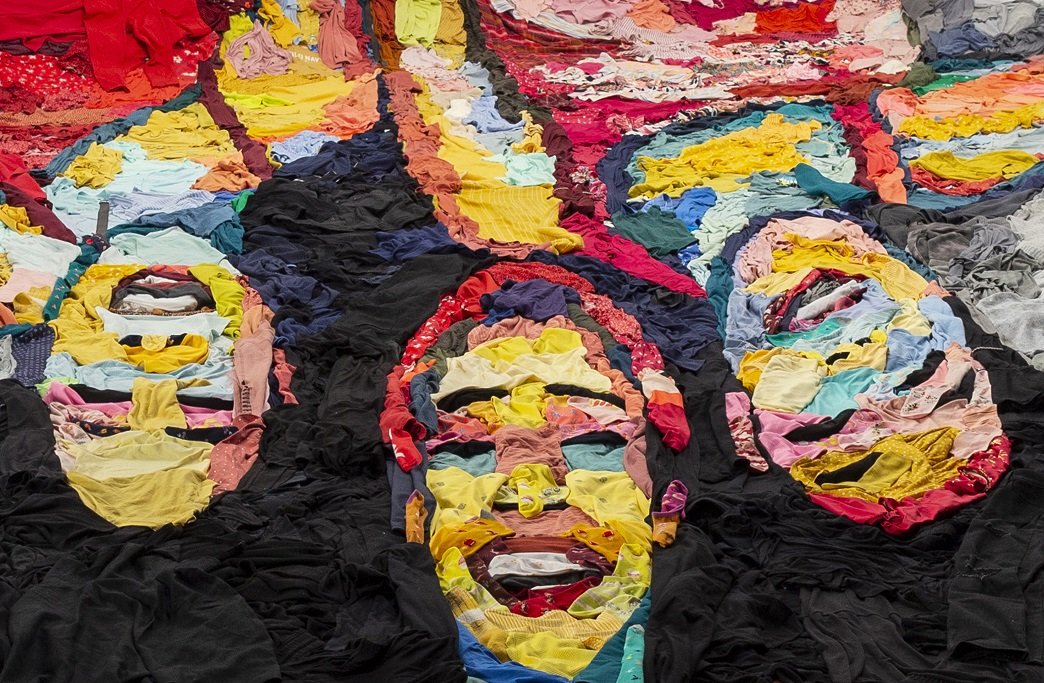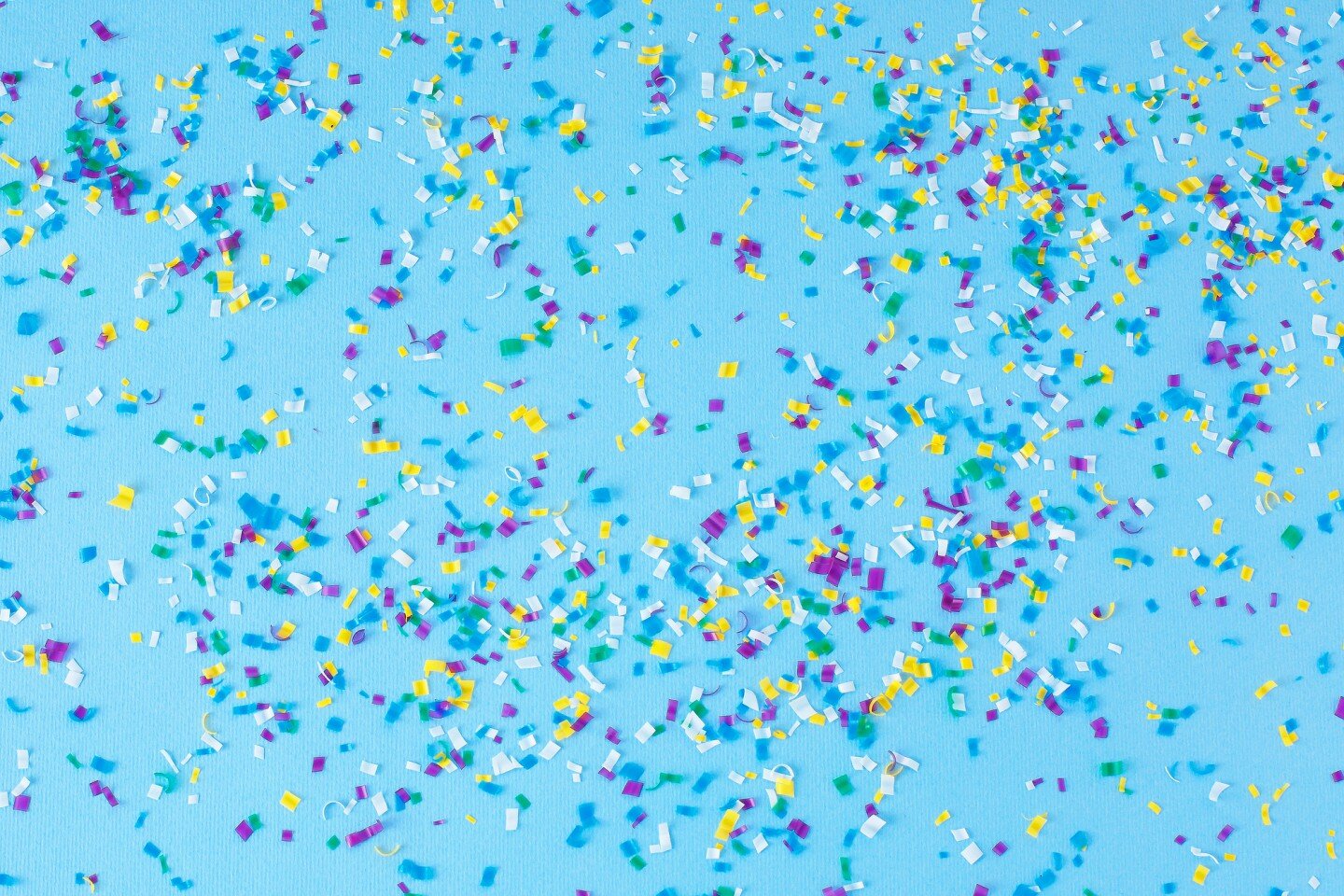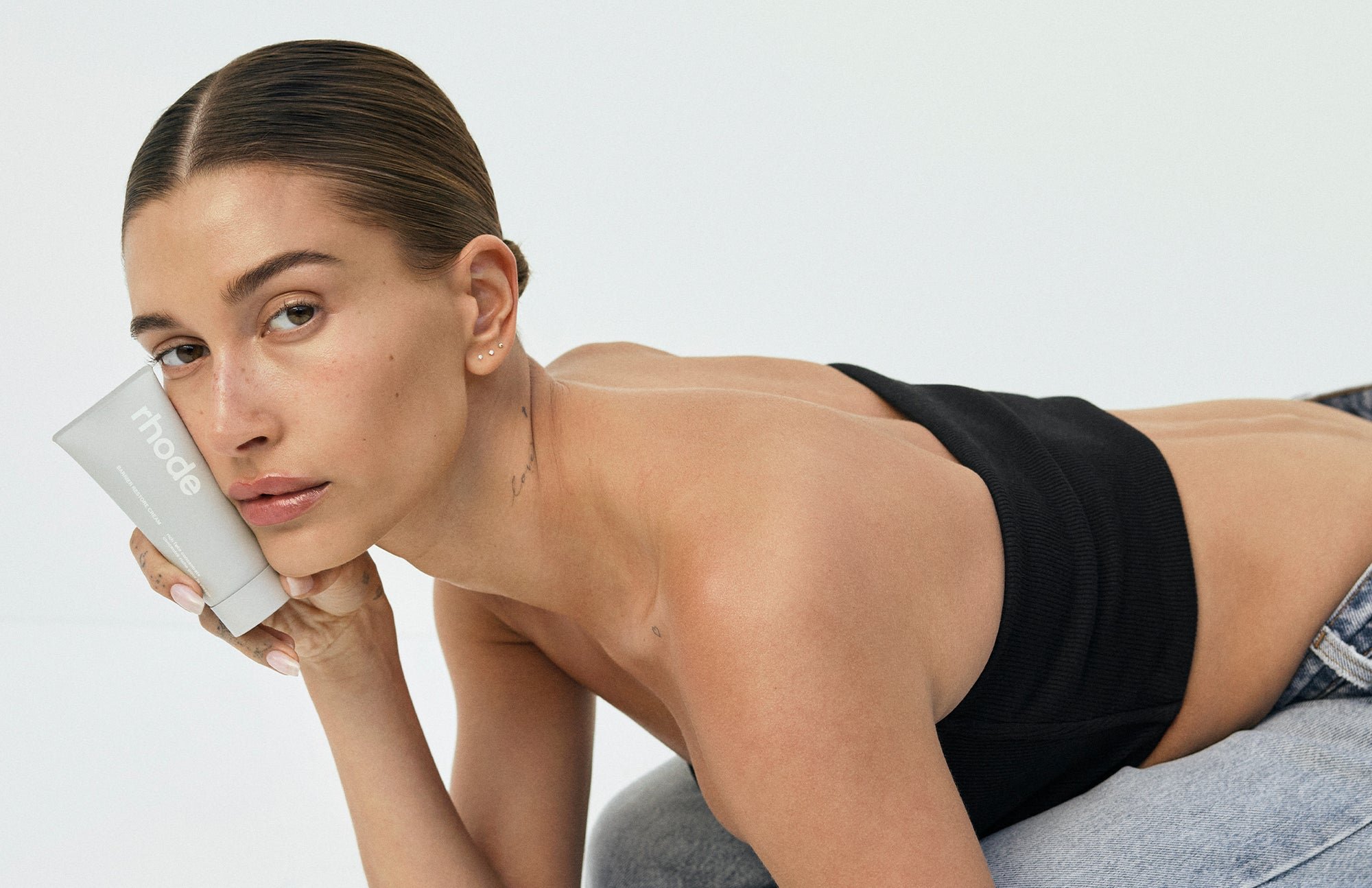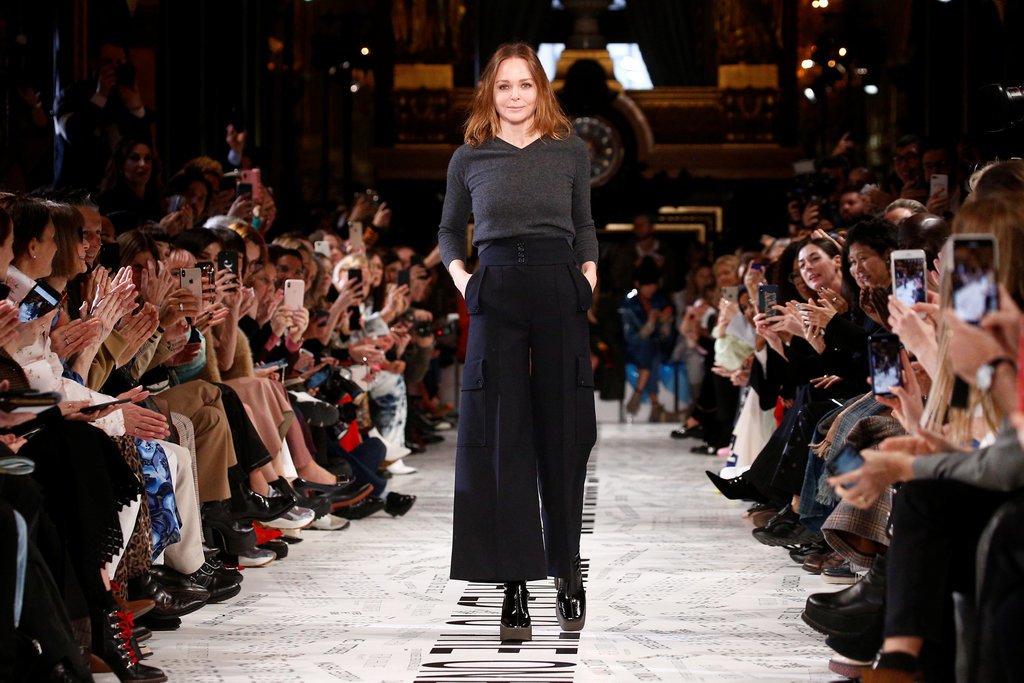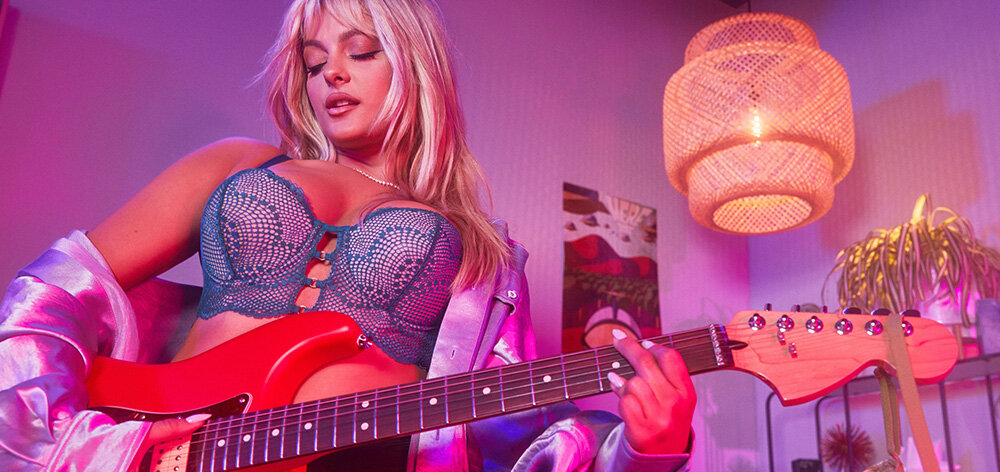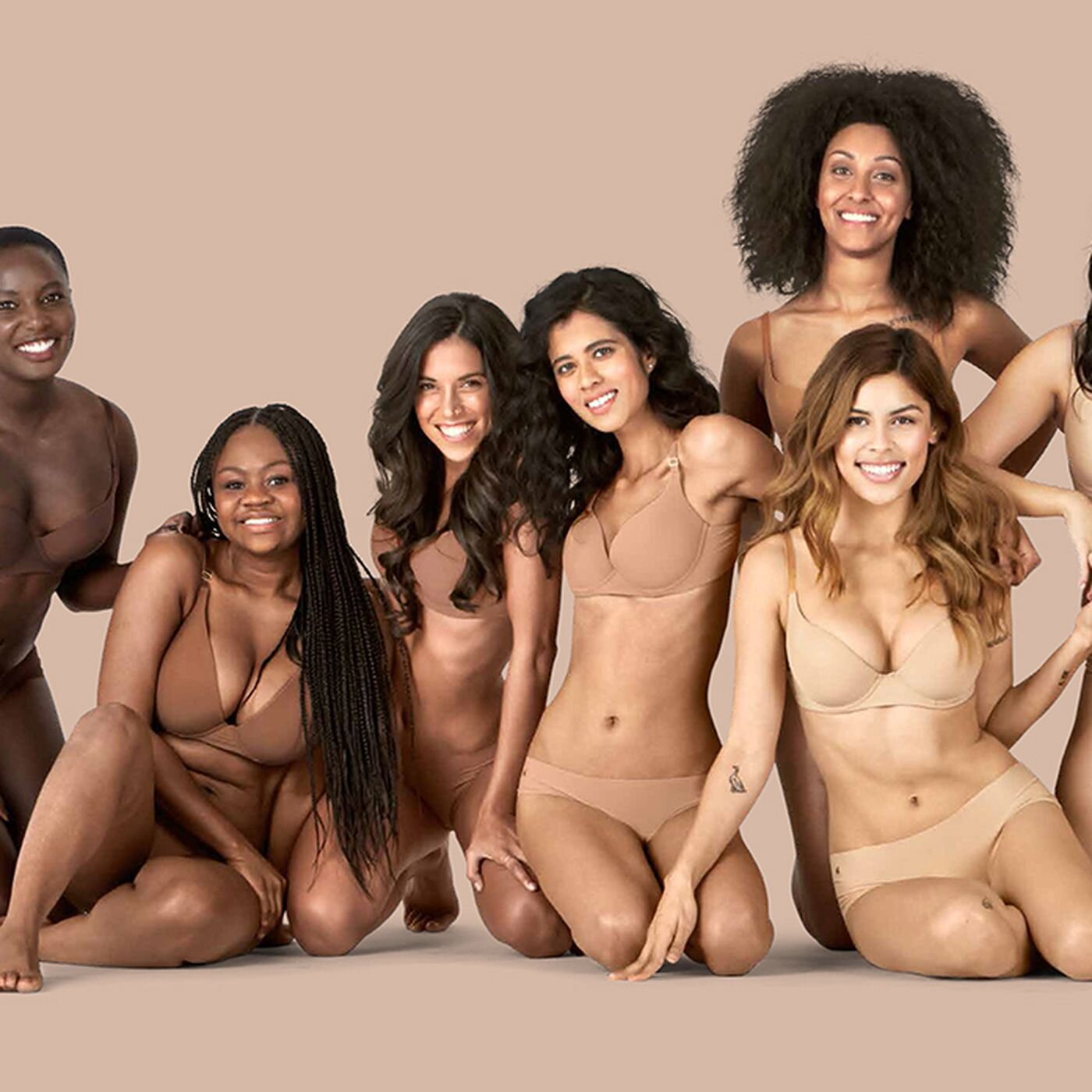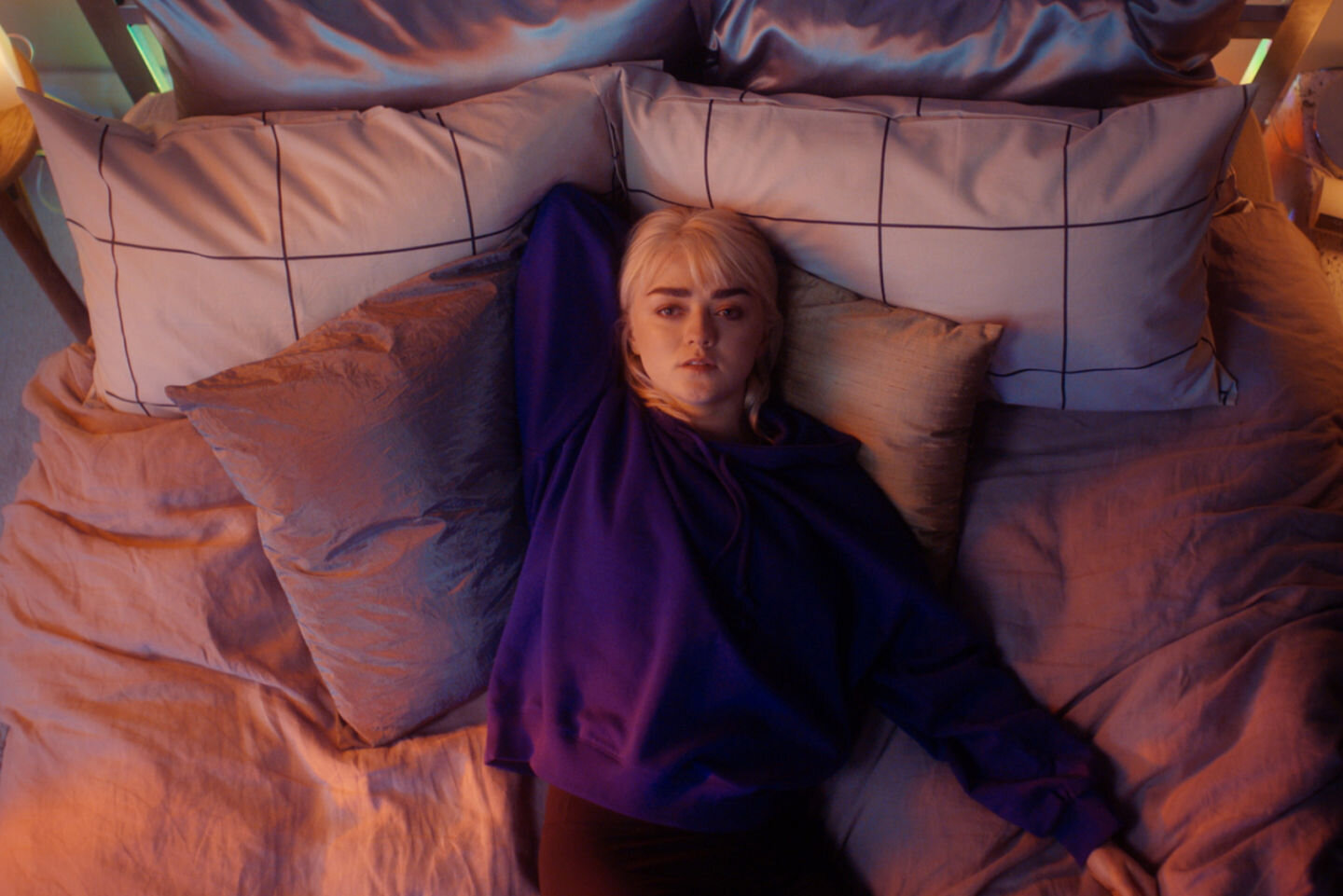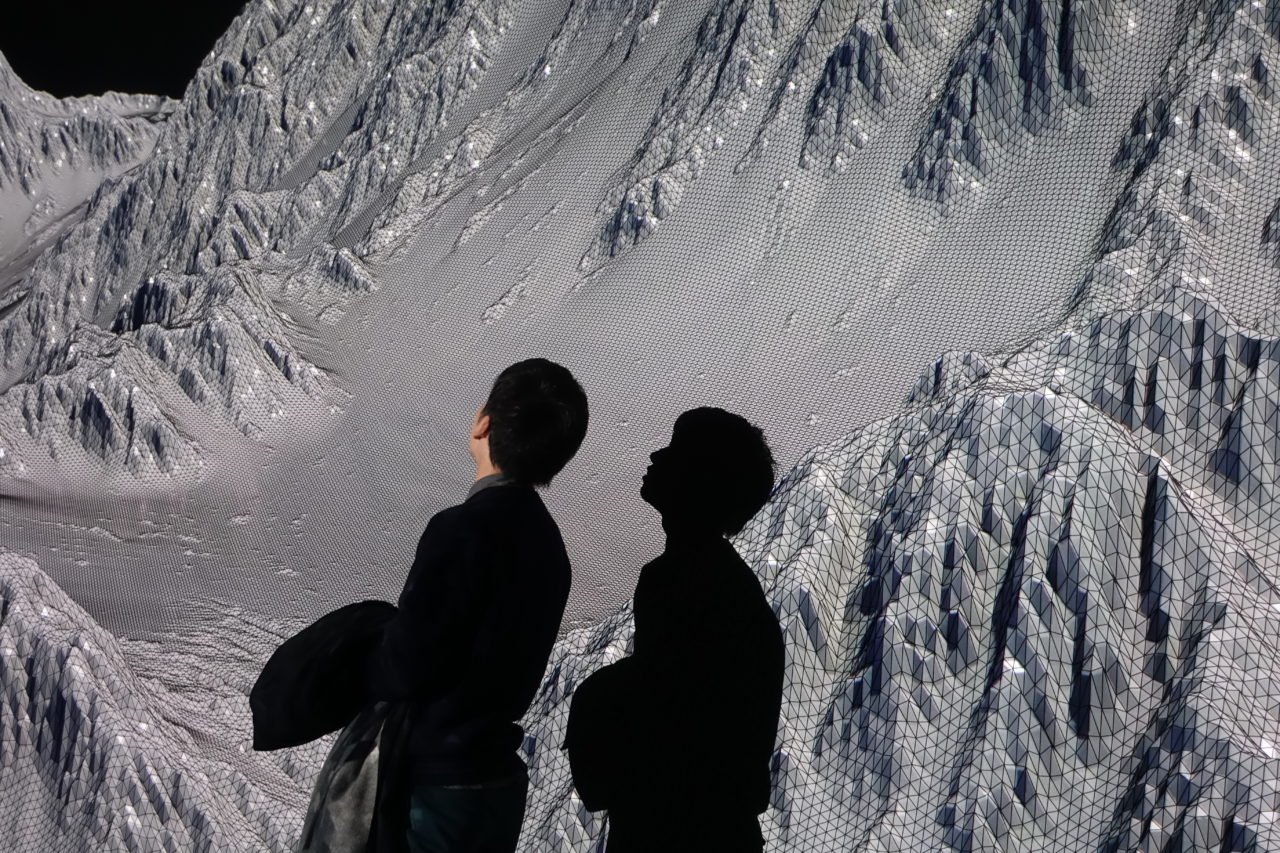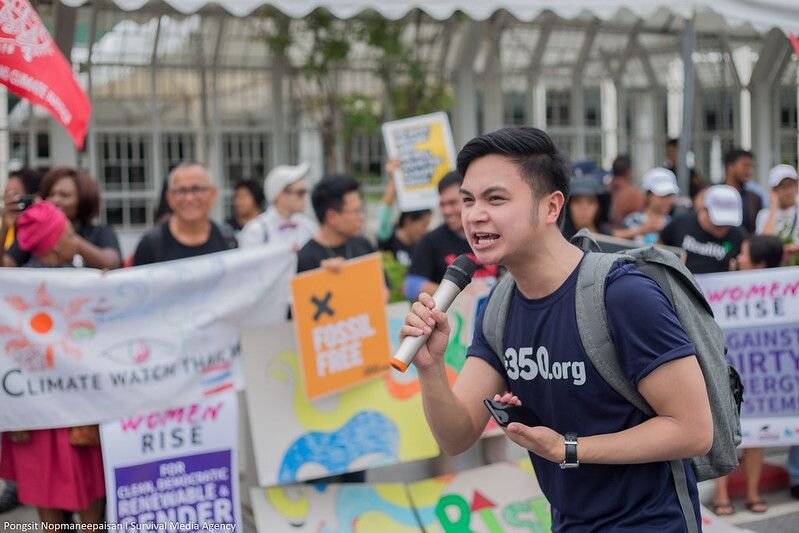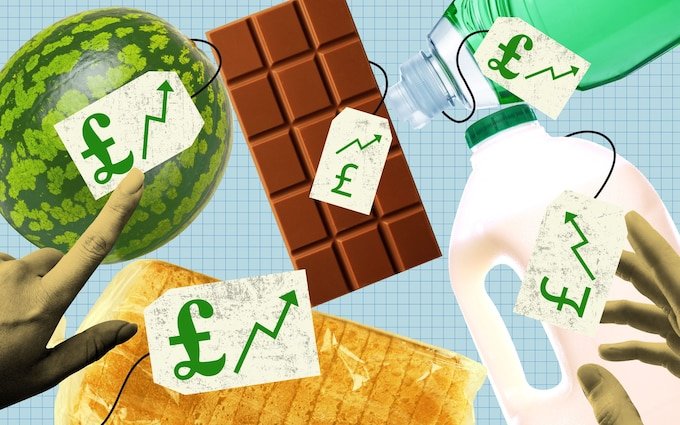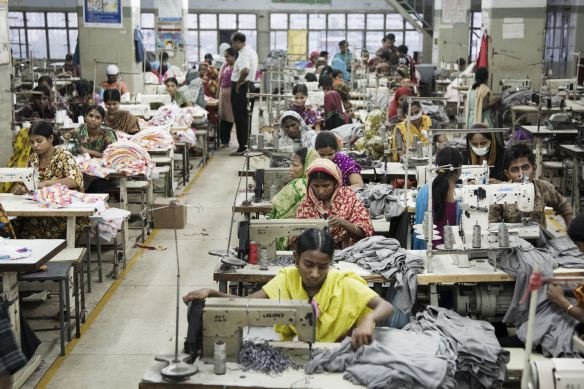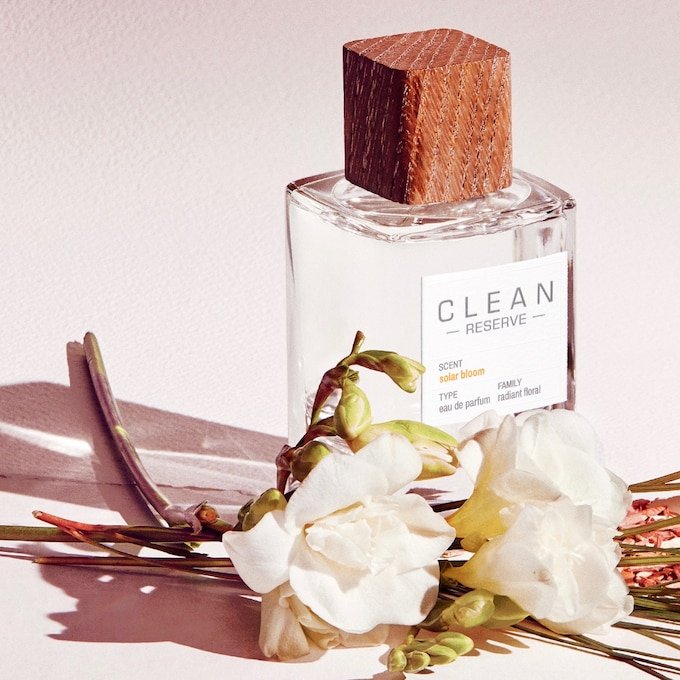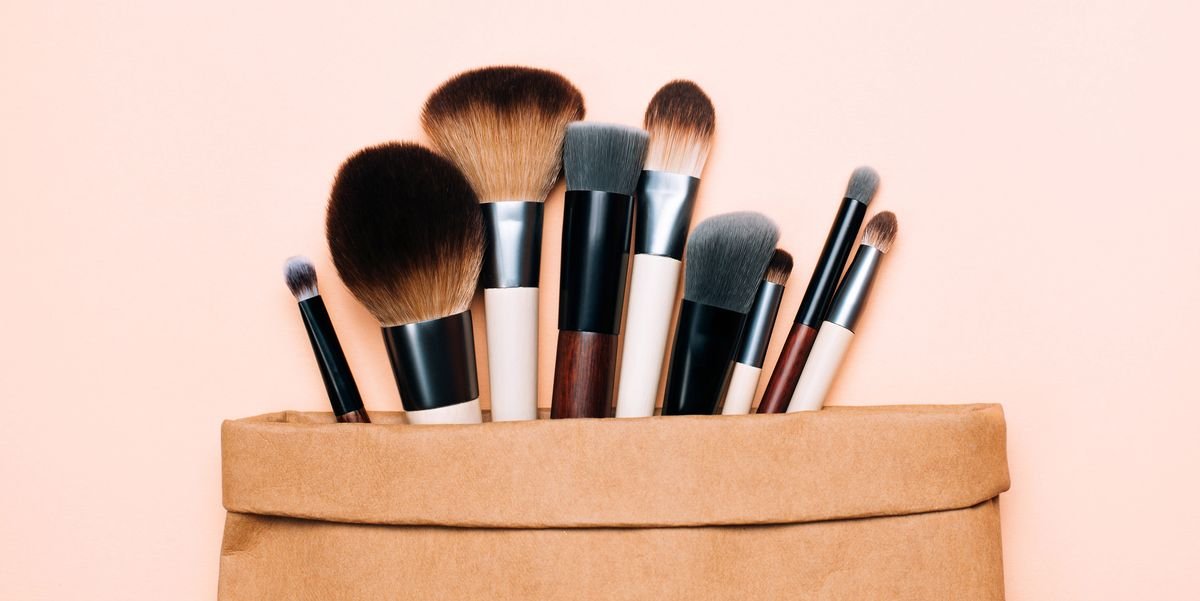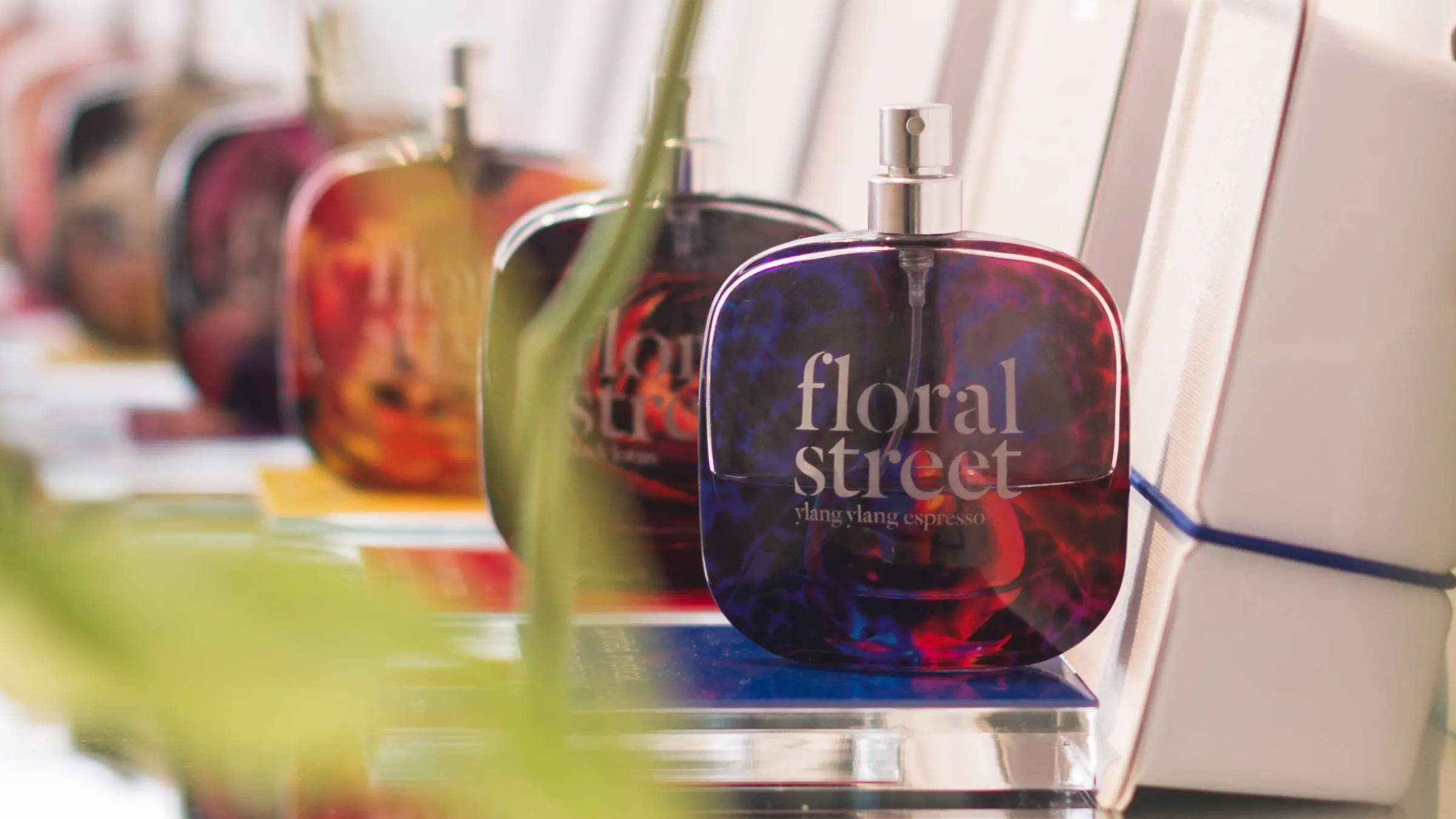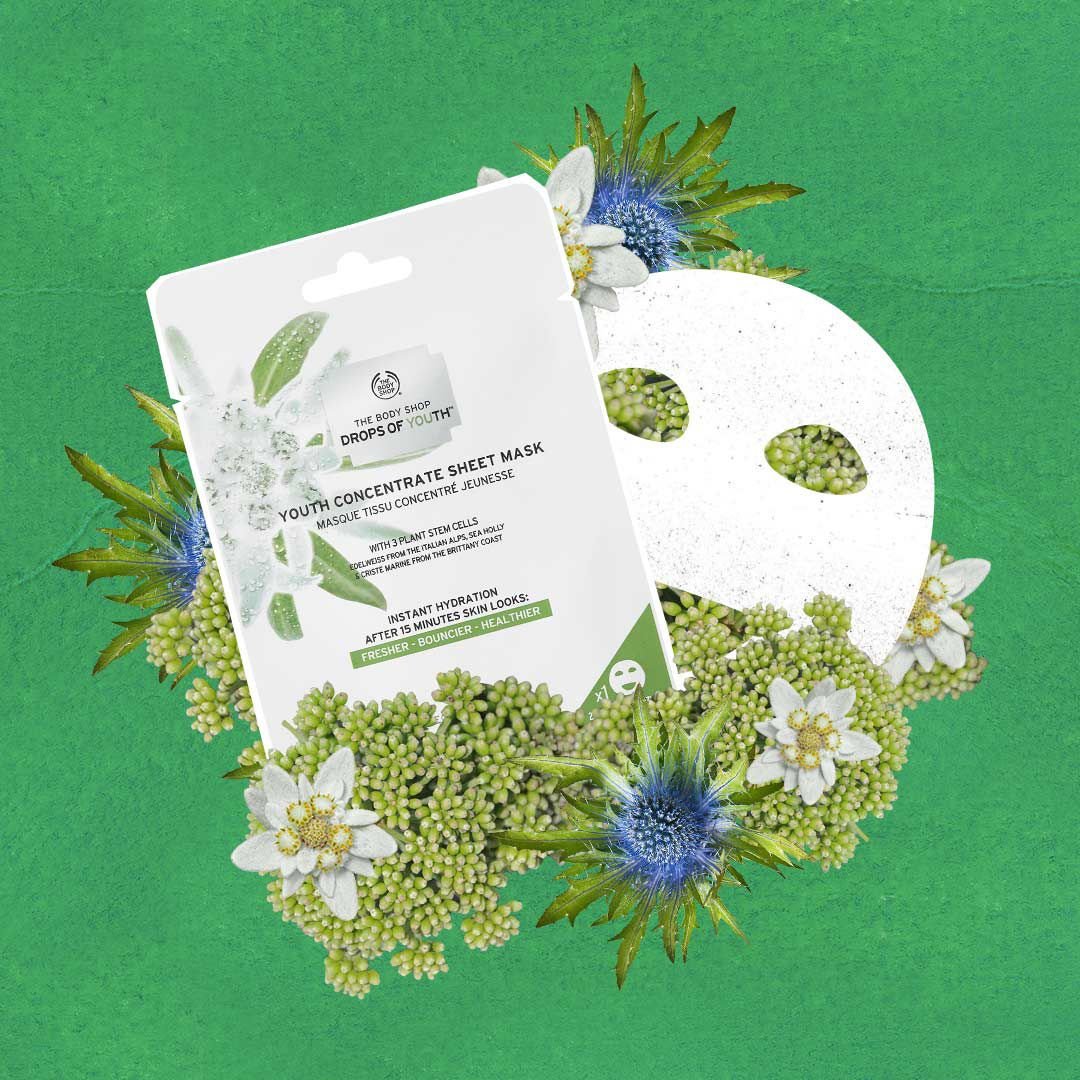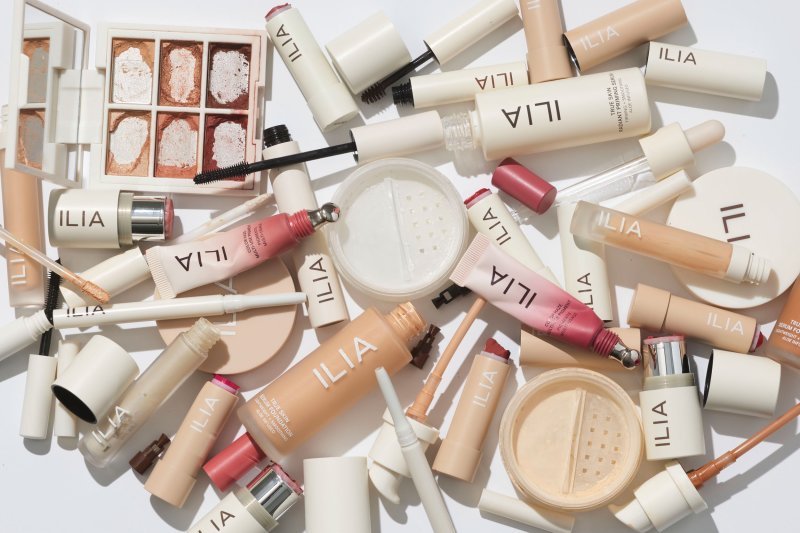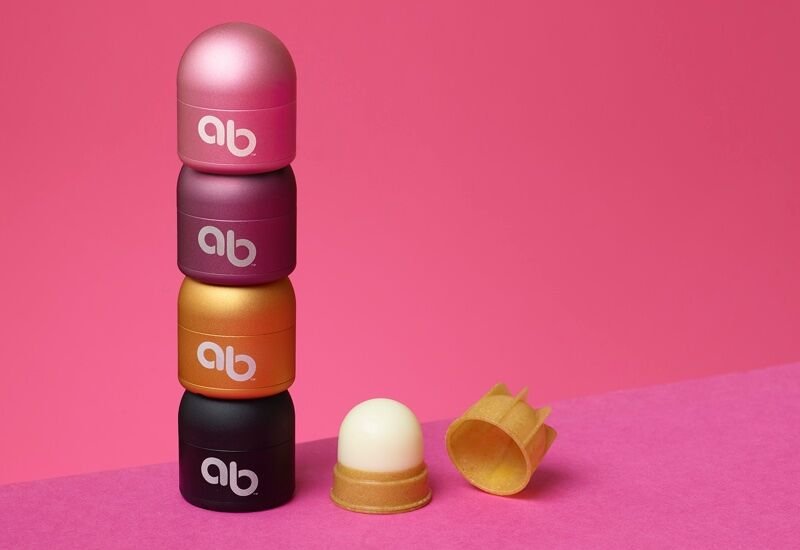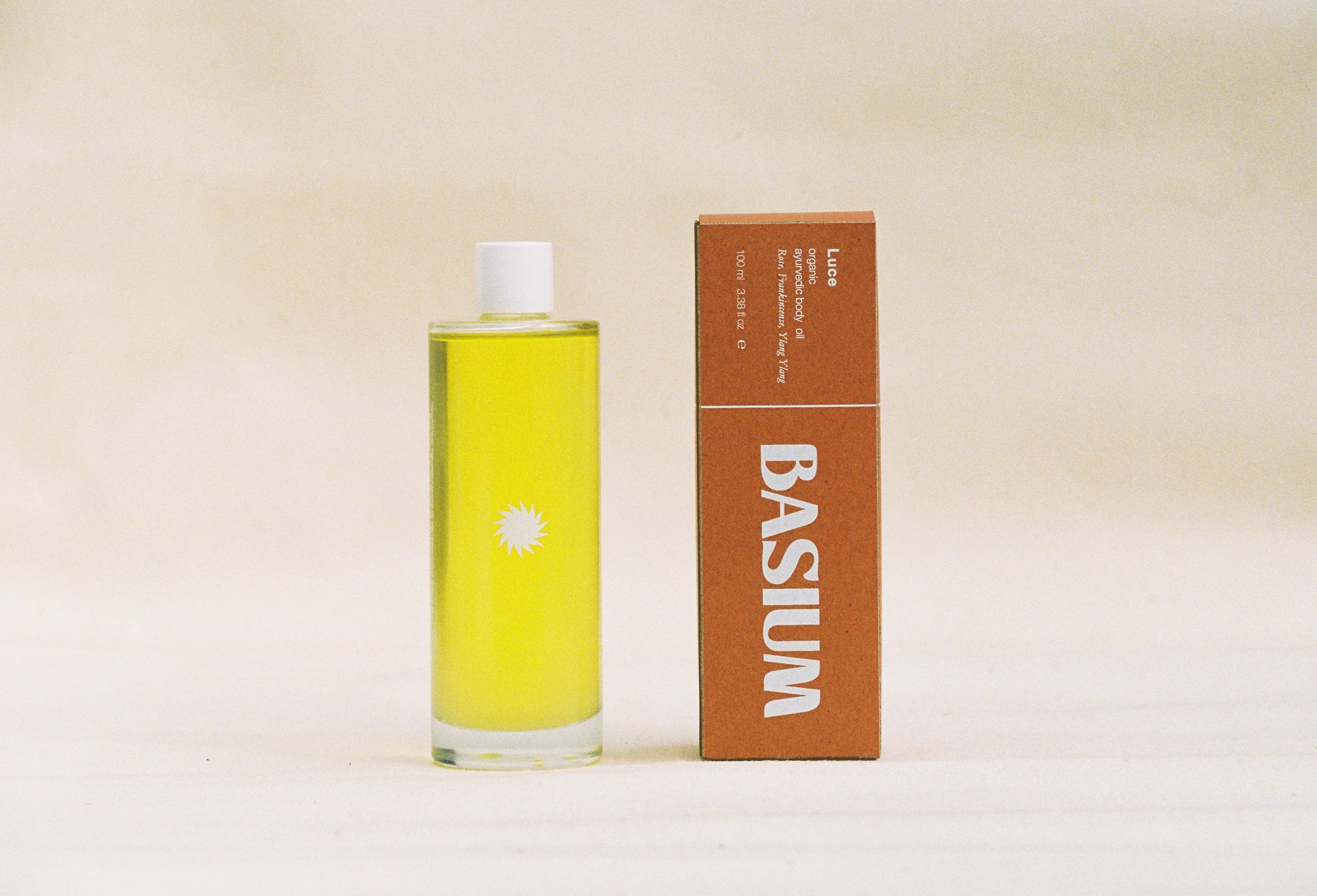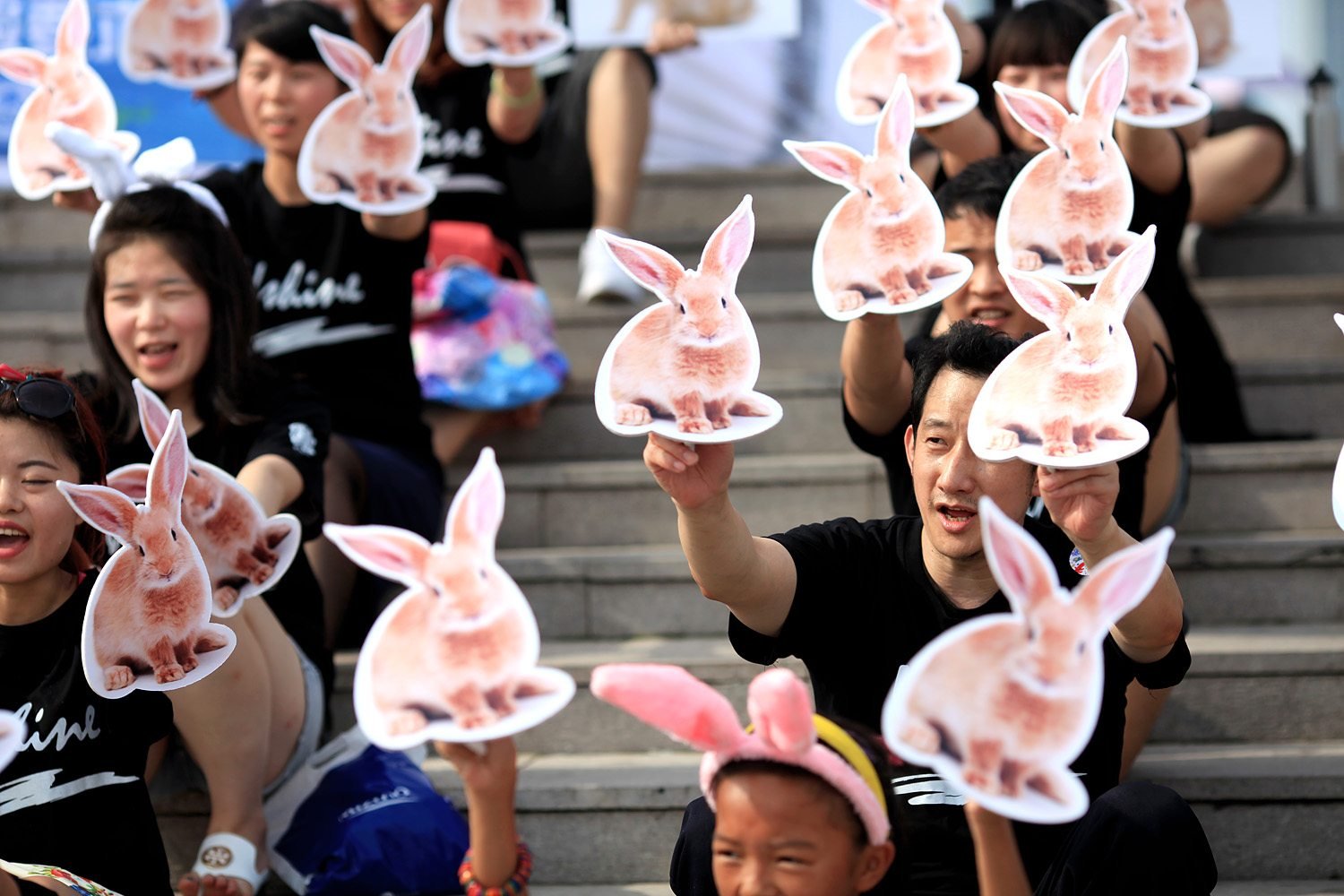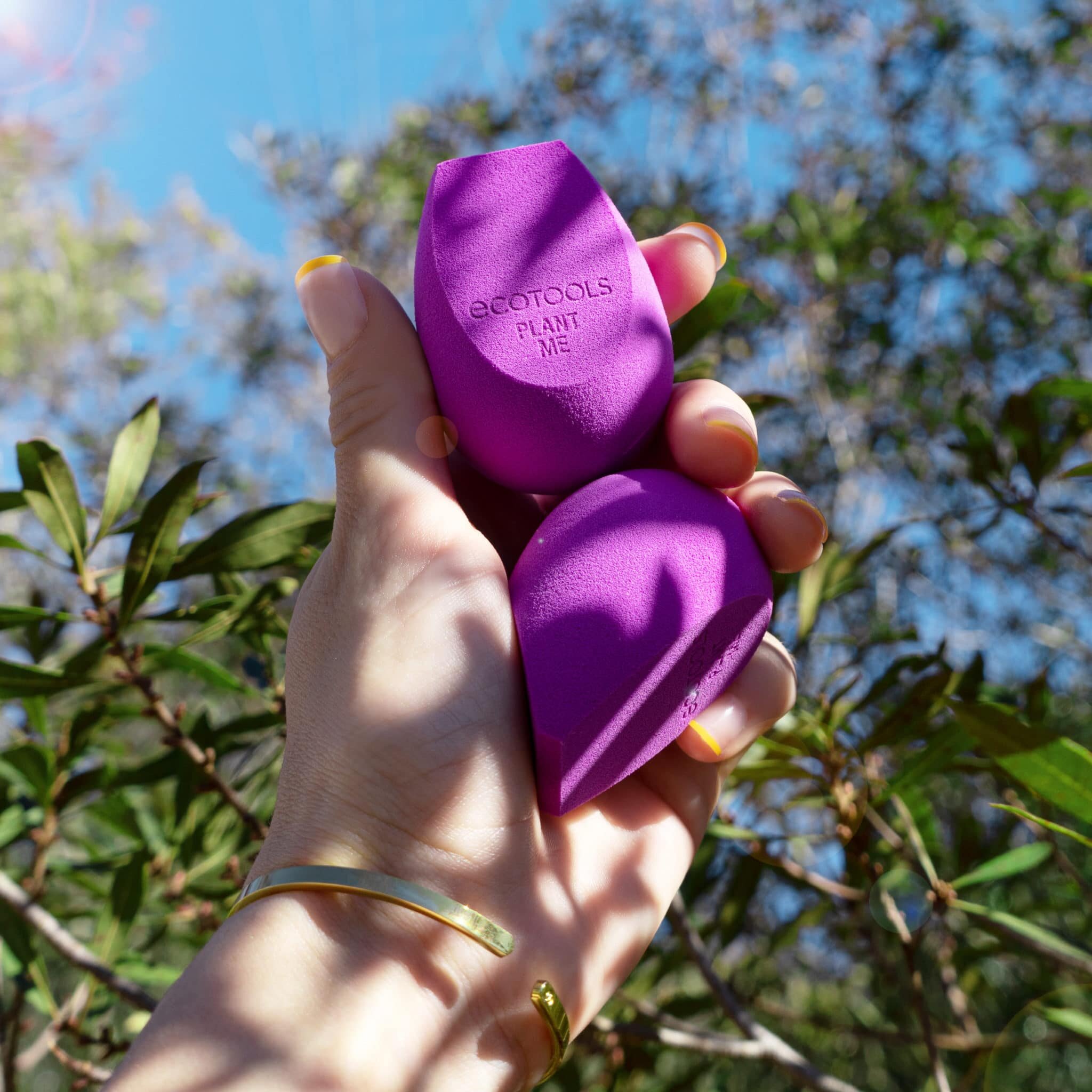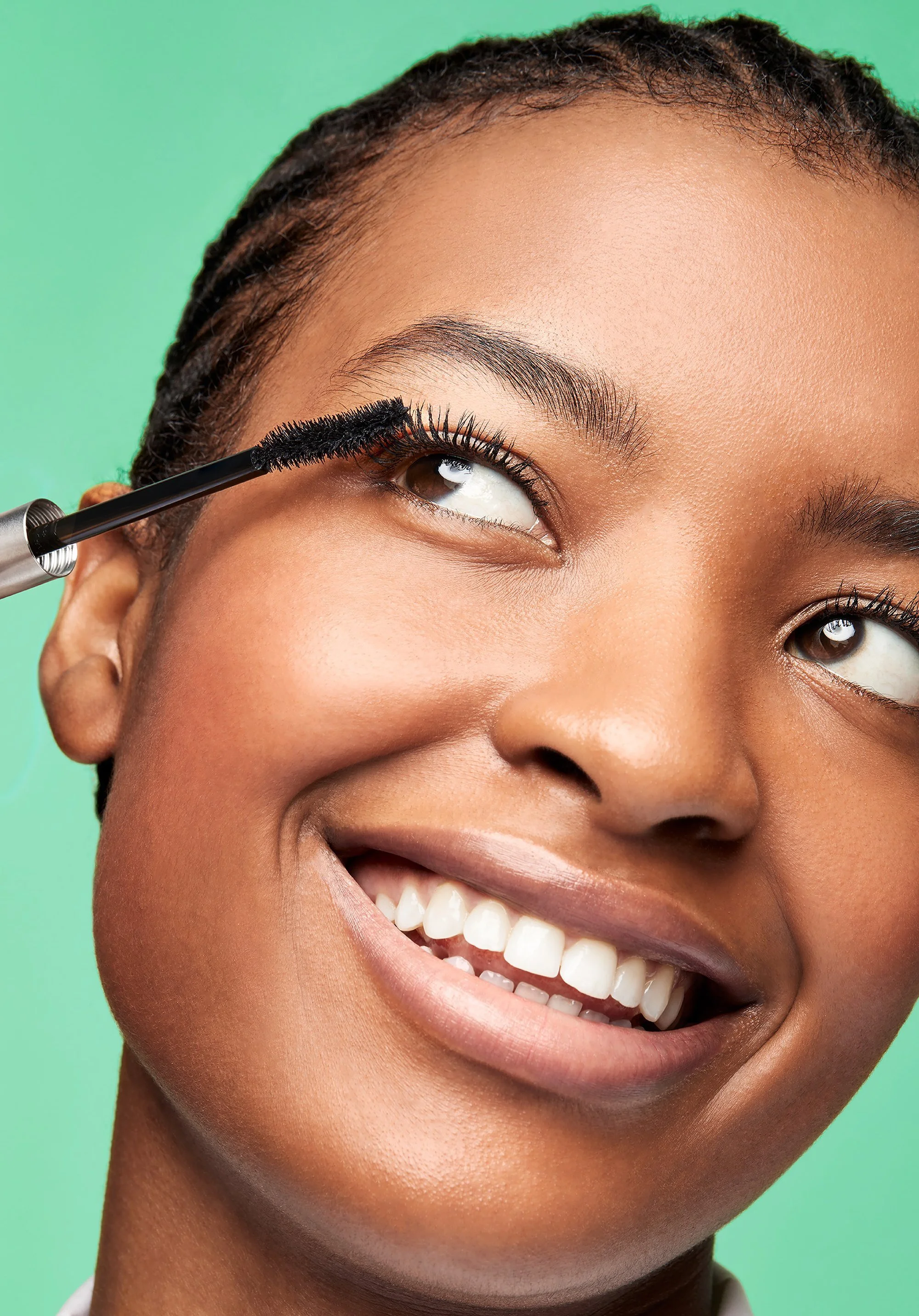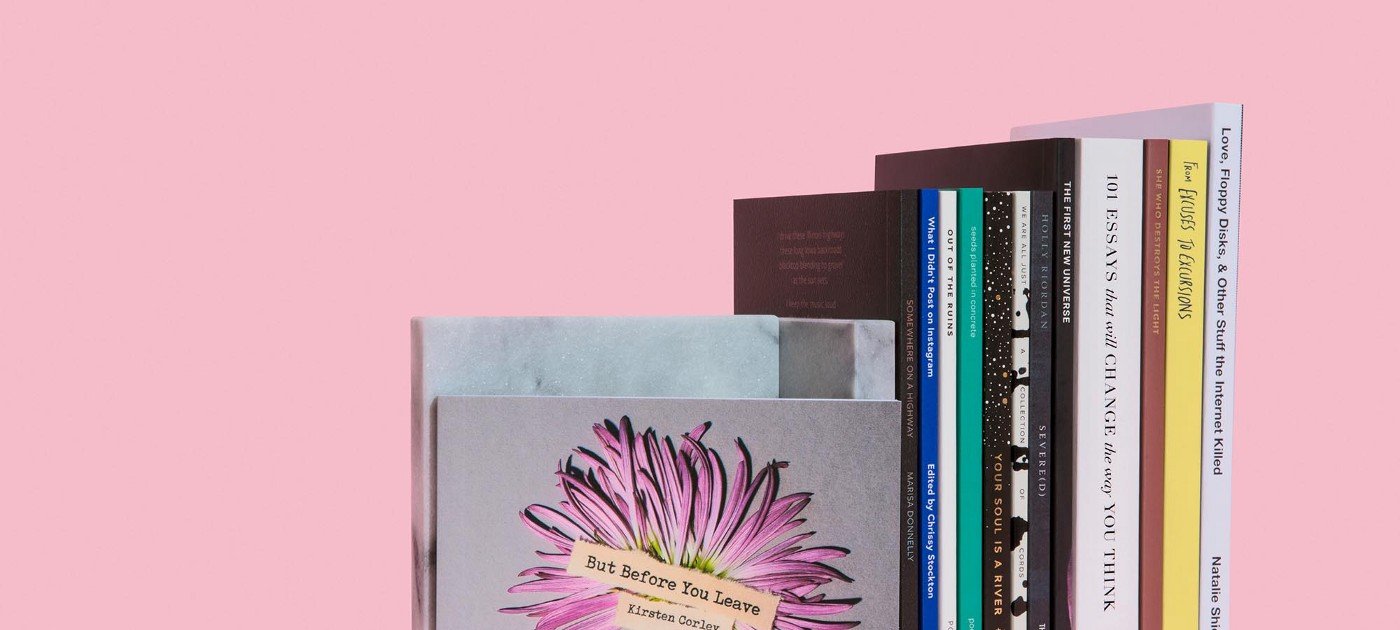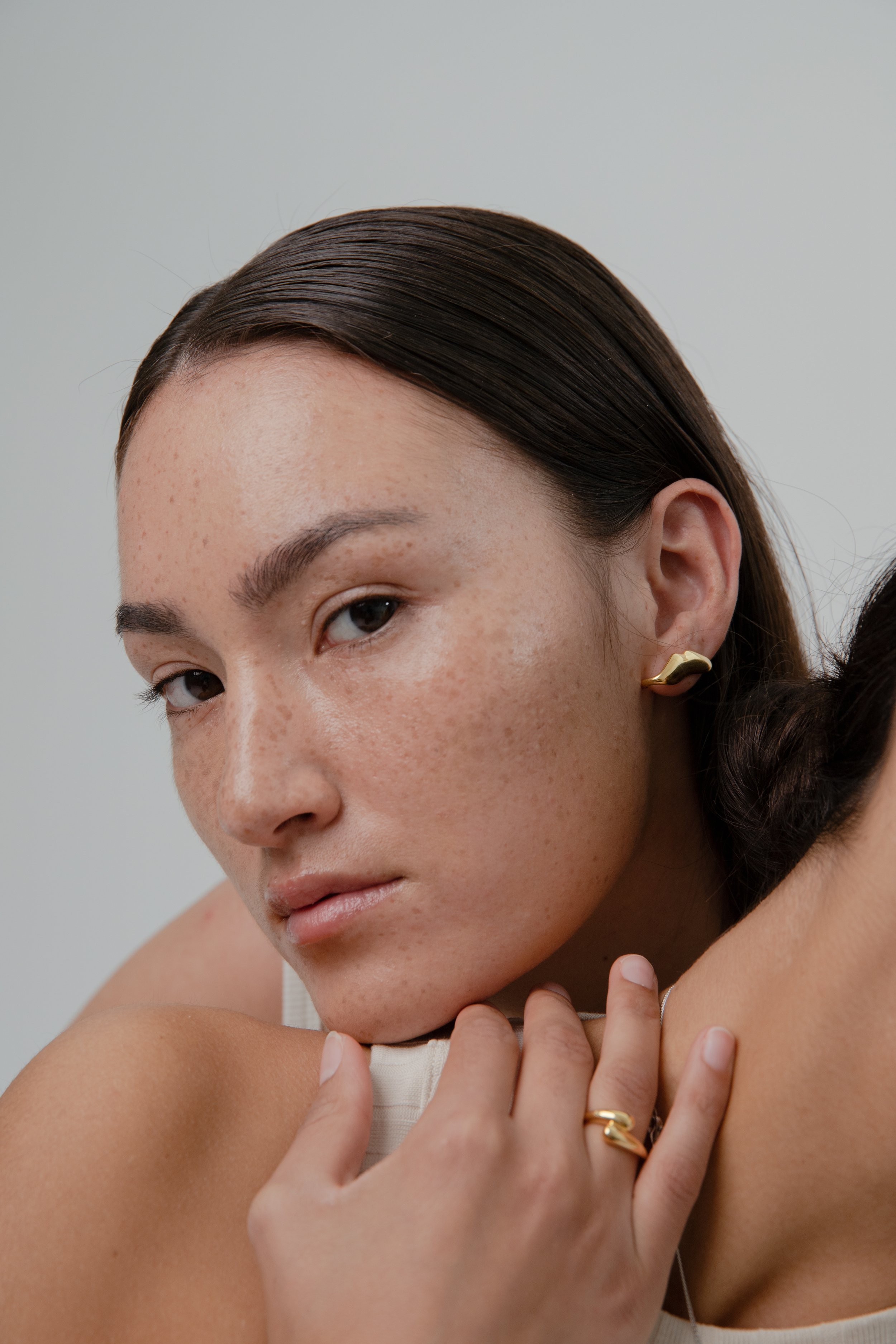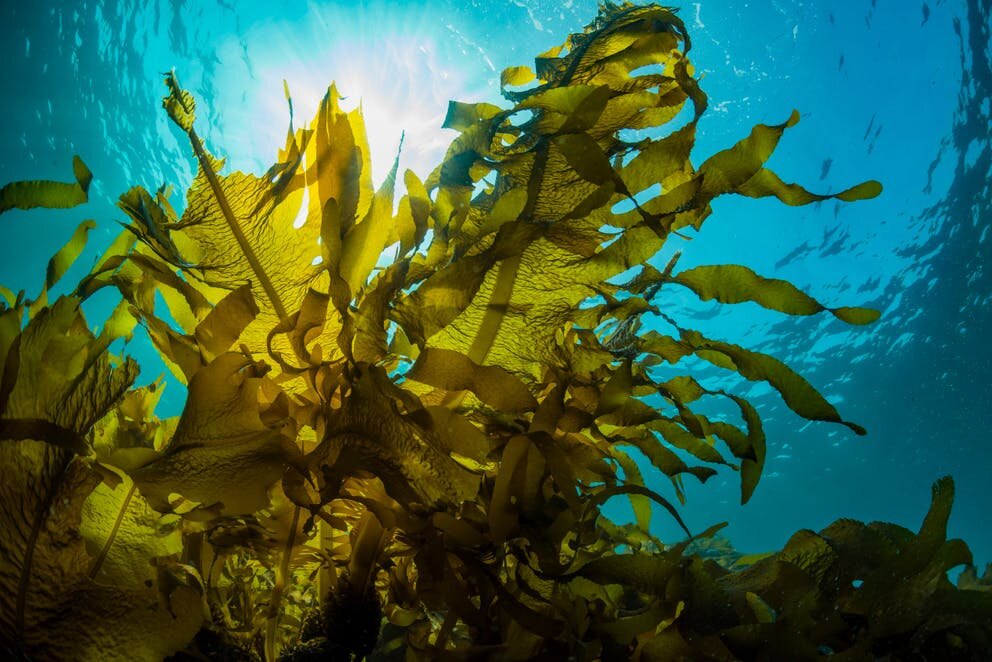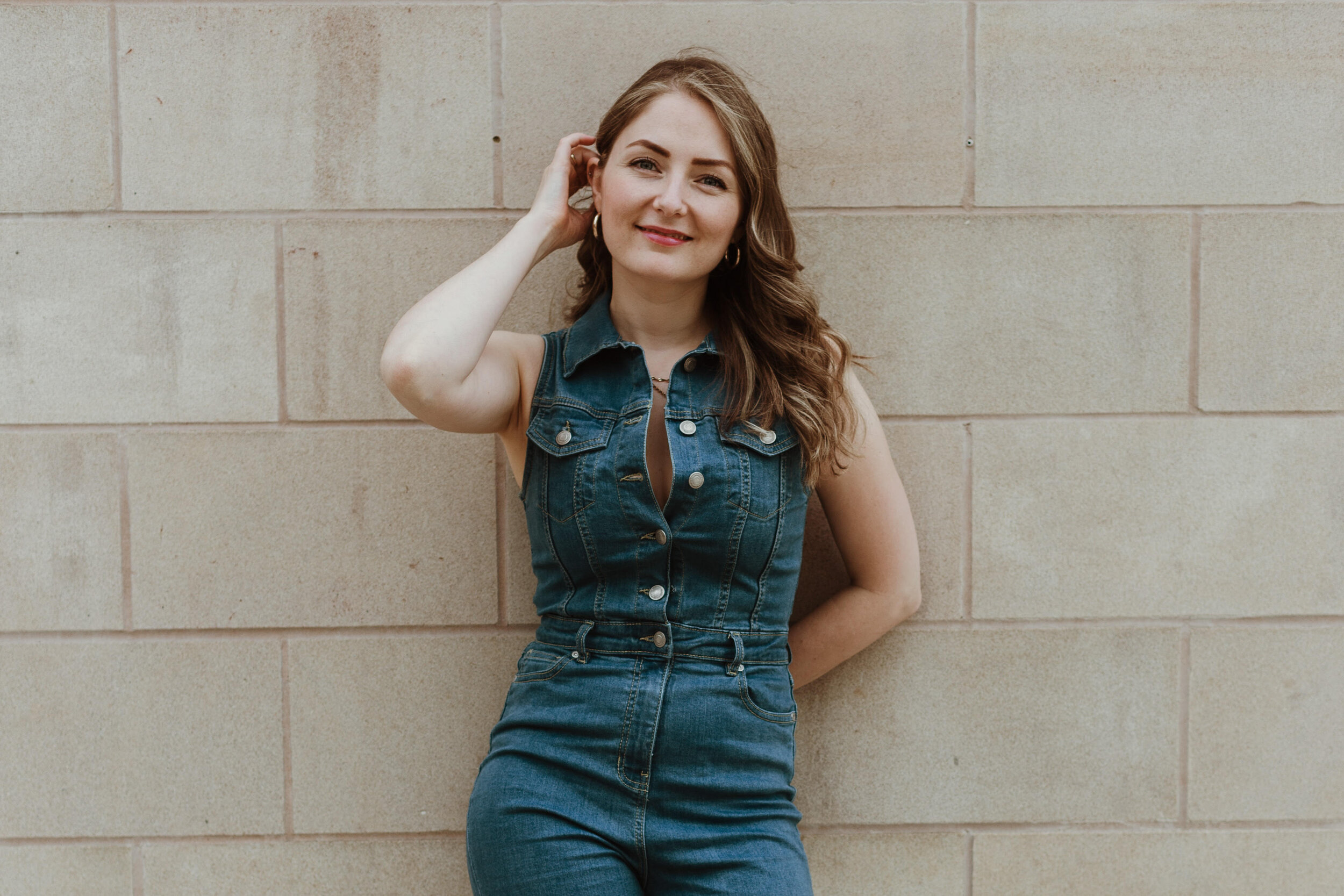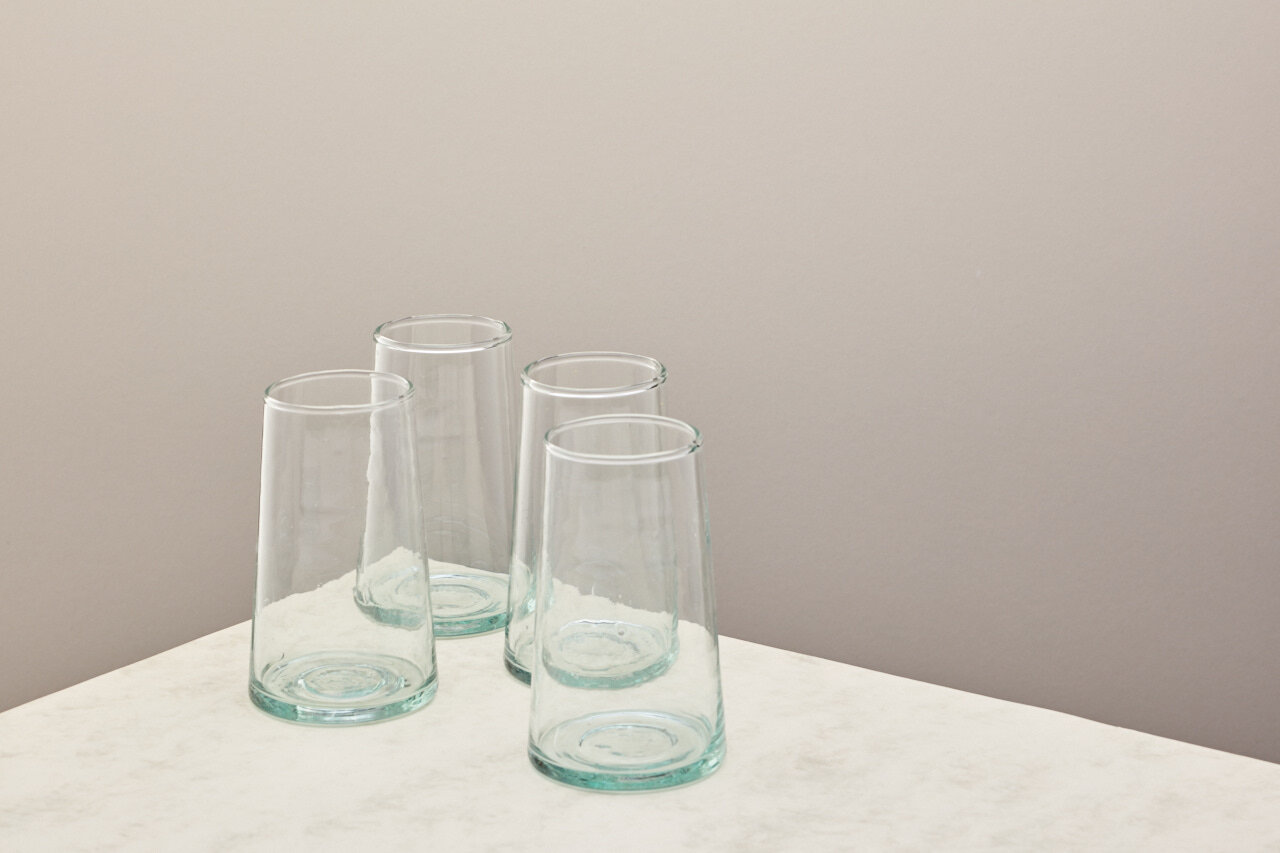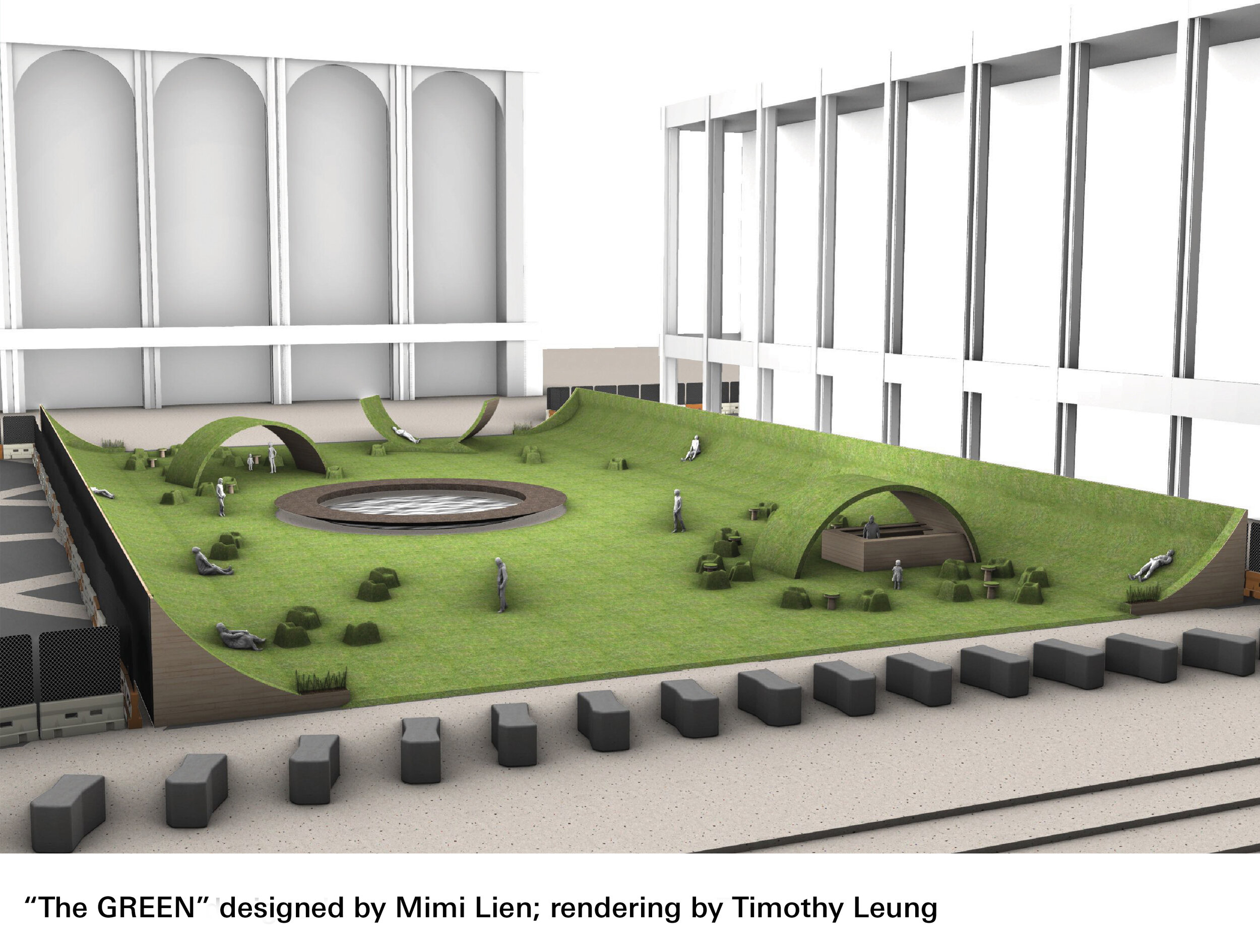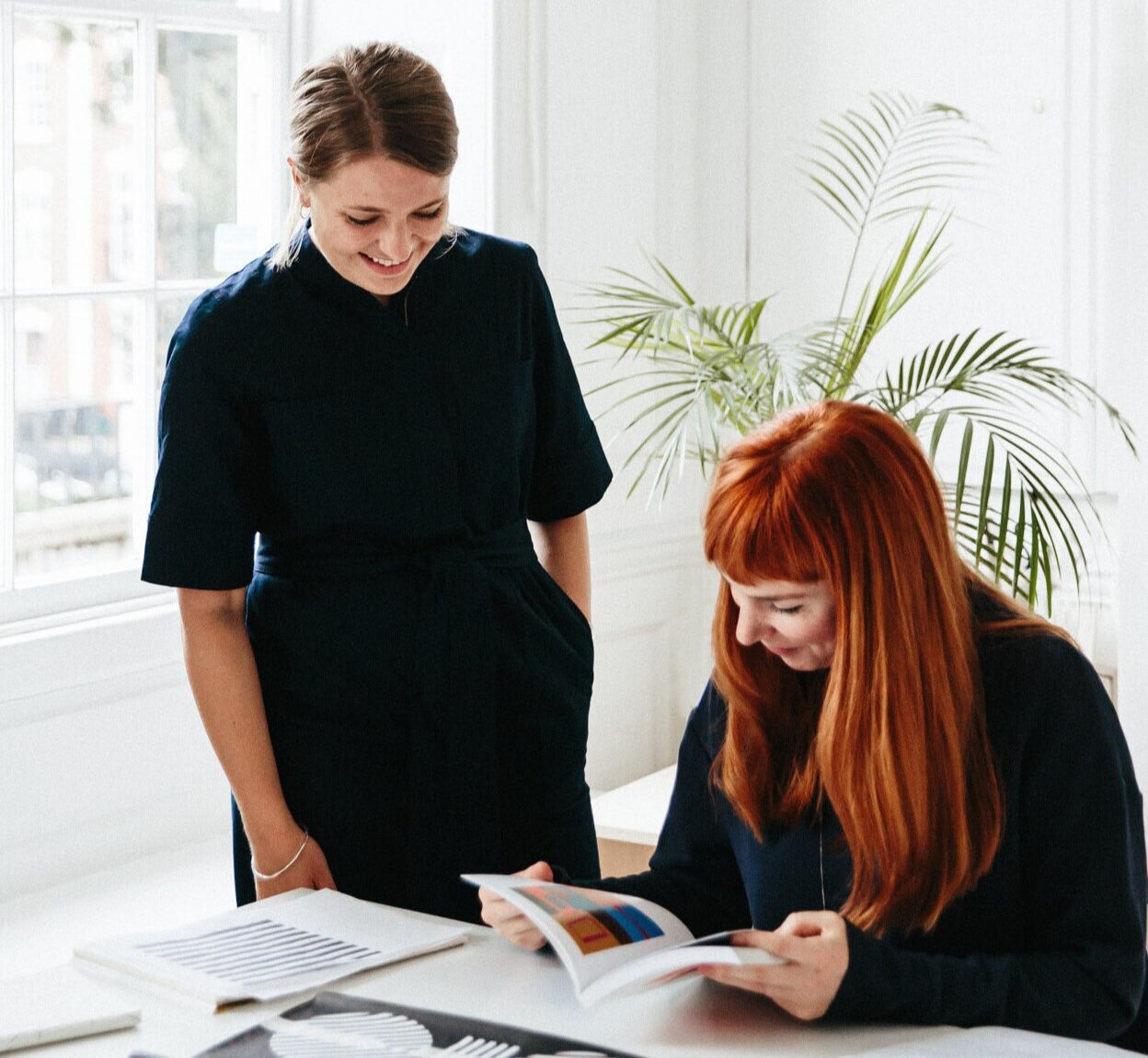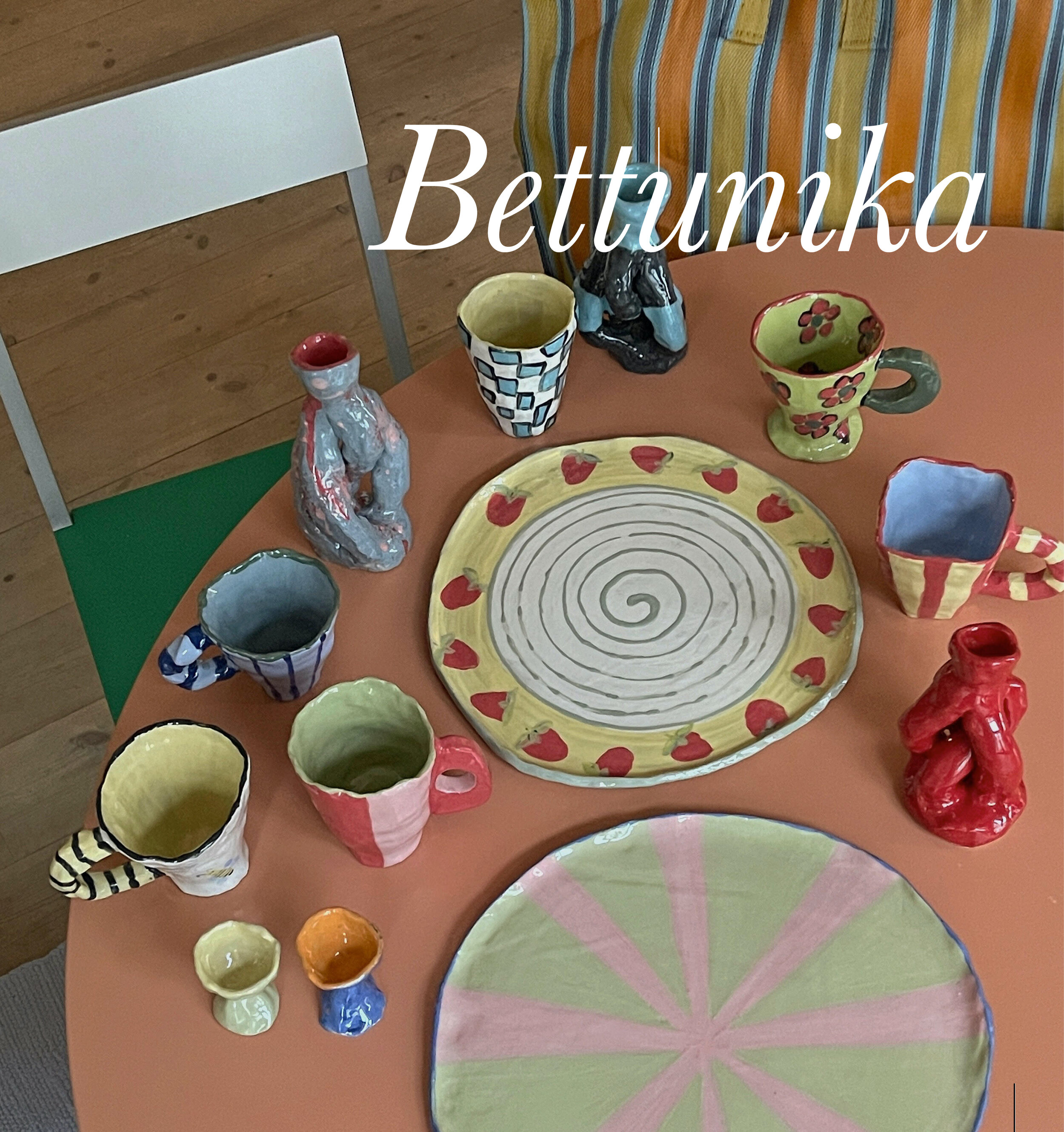A hub for sustainable fashion, lifestyle and more…
BTS video from our “The Rise of The Pre-Loved” shoot.
Conscious. Considered. Responsible.
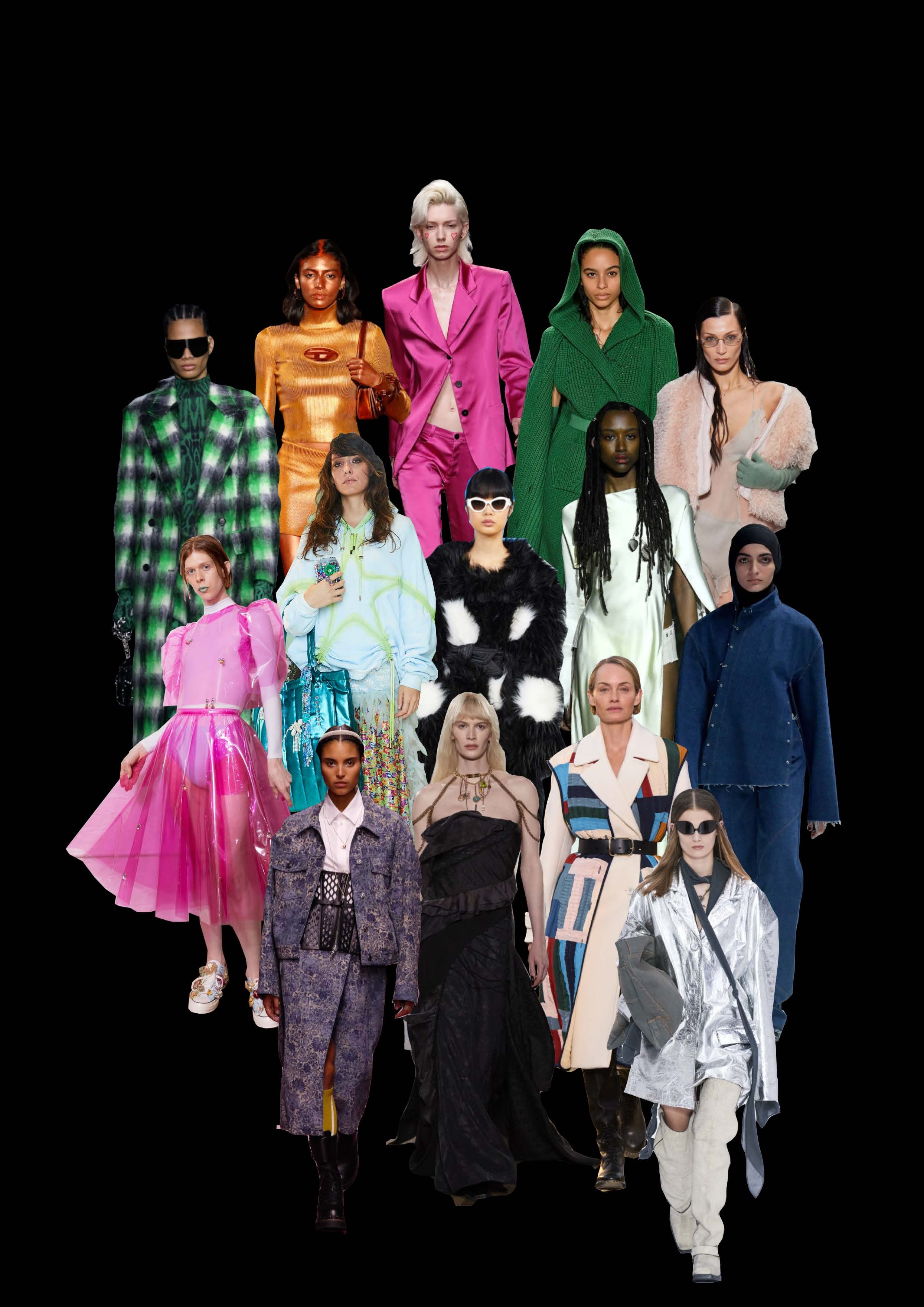
- FEATURED STORIES -
- ECO-FRIENDLY CELEBRITIES -
- CLIMATE CHANGE ACTIVISM -
- FASHION -
- BEAUTY -
- ARTS & LIFESTYLE -
- STORYBOOK -
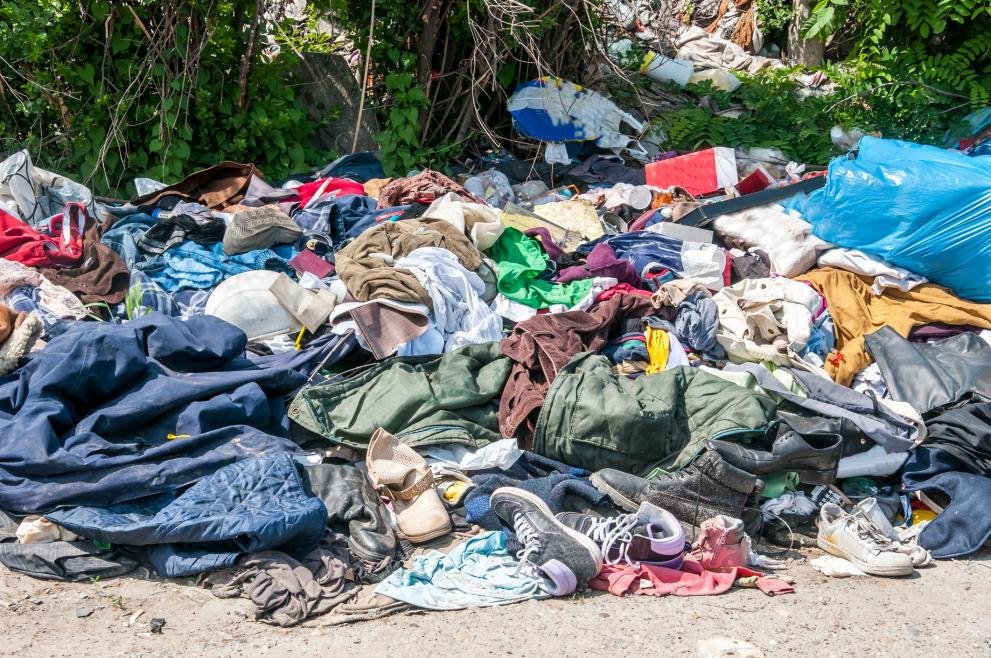
How is the EU Trying to Legislate Sustainable Fashion?
“European consumption of textiles has the fourth highest impact on the environment.” At the end of March 2022, the EU proposed the Sustainable Textile Strategy for the rest of the decade.

Cactus Leather
Leather is a controversial topic, but what if a vegan, plastic-free alternative was available. Introducing Desserto’s leather made from cacti plants, one of the best innovations in sustainable fashion.
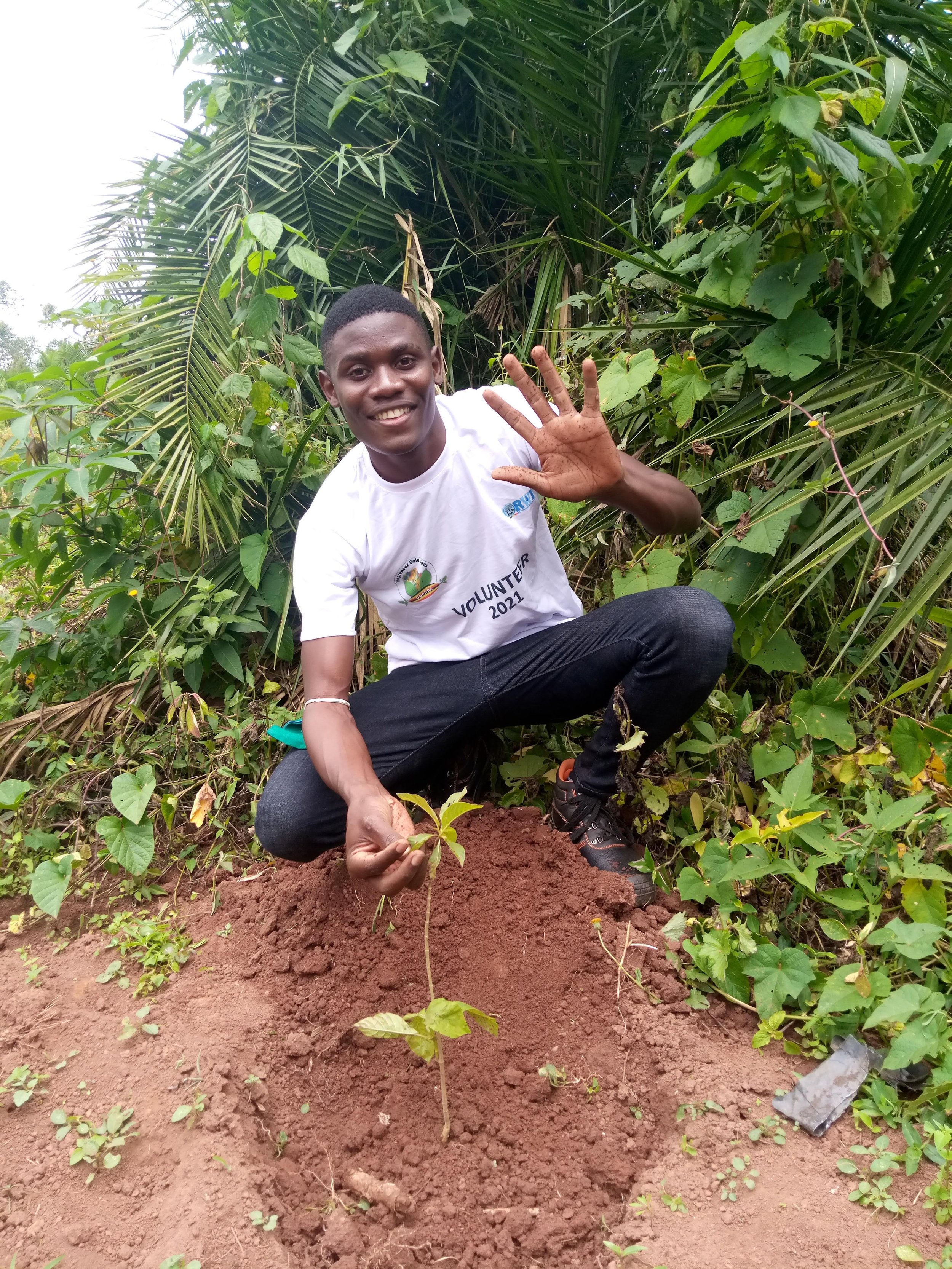
The Climate Activist Interviews: In Conversation with Nyombi Morris
Today, we’re speaking with Nyombi Morris. Could you tell us a bit about your background?
Yes. My name is Nyombi Morris. I’m a twenty-three-year-old climate justice activist from Uganda. I joined the climate change movement after witnessing the effects of tropical cyclone Idal, which had heightened impacts due to climate change, as well as other general weather changes, in the form of floods and landslides that took place, especially in 2018. Before becoming involved, I used to see activists from different countries, but I didn’t know much about it. I was following what was happening, though. In 2019, I was watching television, and I saw a girl – Vanessa Nakate – on the street outside our parliament building, striking for climate justice.
I’d heard a bit about her work, but I had to search for her online. I got in touch with her to learn more. So she talked to me about climate change, and in October 2019, I joined her climate movement. However, my background in climate change wasn’t strong, because before then, we had been living in a district in Uganda known as Masaka. It is near a wetland called Lwera. We used to get heavy rains, due to the companies that were doing sand mining – especially the Chinese, they used to come and mine sand in that wetland. This led to environmental degradation. After that, the wetland couldn’t drain anymore, and the water would come up into our houses, and most of the time, our crops were washed away by the floods. As time went on, my parents were forced to shift, because they couldn’t sustain a living. At the same time, they lost their investment in farming, because that living was no longer an option for us.
So when we moved to Kampala, we started living here with my grandmother, who agreed to host us for some time. In that process, at some point, my dad disappeared. He used to go and come back with some stuff, some food and other things, in the evenings, but one day, he went and never came back. So I struggled with studying. In 2016, when I finalized my 4 level (equivalent to US junior year of high school), my mom needed me to go, so she could support my siblings – there are three of them. So I began looking for jobs. But in 2016, luckily enough, I got a scholarship in a second university here. For two years, I worked on my course in IT and tech science. But when it came time to graduate, I couldn’t complete the degree because I couldn’t afford the completion fee. So I left with just a transcript. Today, I still have hope that one day, I will go back to school. But I don’t know when that day will be.

The Climate Activist Interviews — In Conversation with Aaron Hagey-MacKay
“I was writing for the Canadian equivalent of The Onion — it’s called the Beaverton — for about seven years. And I was always trying to find satirical ways to get people to think about this issue, and various other ones, from a different perspective. And again, I was asking myself, ‘with the skills that I have, how can I contribute?’ I was pretty good at writing comedy, so I thought, let's just see what I can do with this. And that’s how I started my YouTube channel.”

The Climate Activist Interviews: In Conversation with Aaron Hagey-MacKay
“There's a lot to be pessimistic about, and I understand the need for people to take it seriously. But things are bad enough without saying that there’s no hope, and it becomes a self-fulfilling prophecy at that point, if you totally give up. Then who's left to do the work? It's just- you're just giving in to the fossil fuel interests that have been working to delay action for decades, and have done so successfully, if we’d all just said, ‘oh well, let the world burn, I’m not strong enough anymore.’
And to me, that's sad. I think — just getting back to your question about having some meaning in our lives — I think that's something that everyone strives for. I think it's something we lack in our very fractured, neoliberal, capitalist, global society, which has slowly eroded the idea of the public good. Intentionally, to extract wealth from people. We're not feeling good about ourselves, on purpose. We used to feel more of a sense of community, and that’s just been robbed from a generation. ”

Water Usage in Textiles
How does the production of each fiber contribute towards the invisible water crisis?
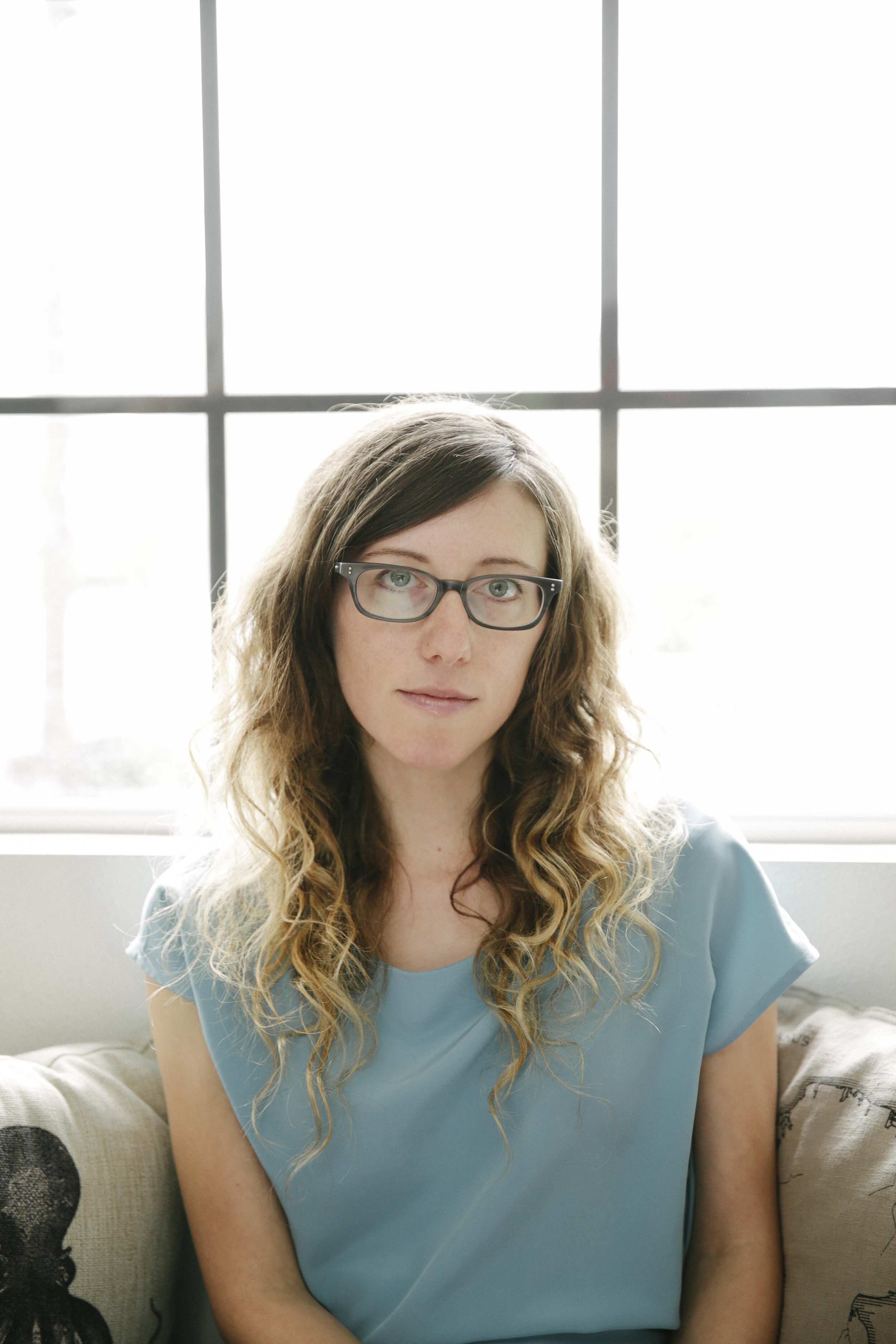
The Climate Activist Interviews — In Conversation with Carmiel Banasky
I’m excited to be talking to you, because you’re also a writer, and I think it’s always interesting to talk with other writers. Could you tell us a little bit about your background?
Sure. I grew up in Portland, Oregon, and I’ve lived many places since then. I spent some time in Mississippi, trying to start a Planned Parenthood, and failing miserably. And I did other political organizing, around the Kerry campaign and women's reproductive rights. But climate was definitely always in there, which began in college with starting the solar panel club on campus. I was just the idea person, it was the students after me who really took it to the next level. Now, the whole campus has solar panels. Eventually I got my MFA from Hunter College in New York City. I’d always admired writers like Grace Paley and others who are writers and activists, it's just one in the same to them. But I definitely had a period of complacency during the Obama years where I didn't quite know how to hold both roles in my head. I started my novel around that time.
After New York, after my MFA, I took about four years on the road at writing residencies and fellowships like Ucross and VCCA, this vagabond existence as I finished the book. I was living in LA by the time it came out, and I started writing for TV a few years after that. During that time, I went to the Arctic on an artist’s residency – it was this 19th century-replica sailing vessel with thirty artists and writers, ten crew, and a couple of climate scientists. I think we disembarked right when Trump pulled out of the Paris Climate Agreement. The scientists on board presented the facts to us while we were kind of at Ground Zero, watching the glaciers calve behind them as they made their presentations, and it reignited my climate activism.

An Interview with Climate Activist Manuel Salazar
When you grow up in a country that is an oil state, as well as all the countries around it, nature gets compromised all the time. So when you go to the fields where this oil is extracted, you notice that the nature around it is completely destroyed. Our lakes are completely polluted. The indigenous people, or the people from the communities around these areas, are also affected, badly. So you see cases of cancer, or air pollution, or contamination of the water. Even the soil is affected. You may know that there are lawsuits against these companies, trying to mitigate the impacts they’ve had on natural resources. Some of those cases are getting into court, and the companies get fined. But a lot of them go unpunished. I suppose right now, with the awareness of climate change, that may change rapidly. And the companies that are there, they will need to make drastic changes, or curb their behavior, because we can’t allow them to keep destroying nature.

Bangladesh Accord
Fighters for equity within the fashion space can rejoice — The Bangladesh Accord has not only been renewed, but now also expanded into new countries.
Subscribe to our newsletter.
Sign up with your email address to receive news and updates.

